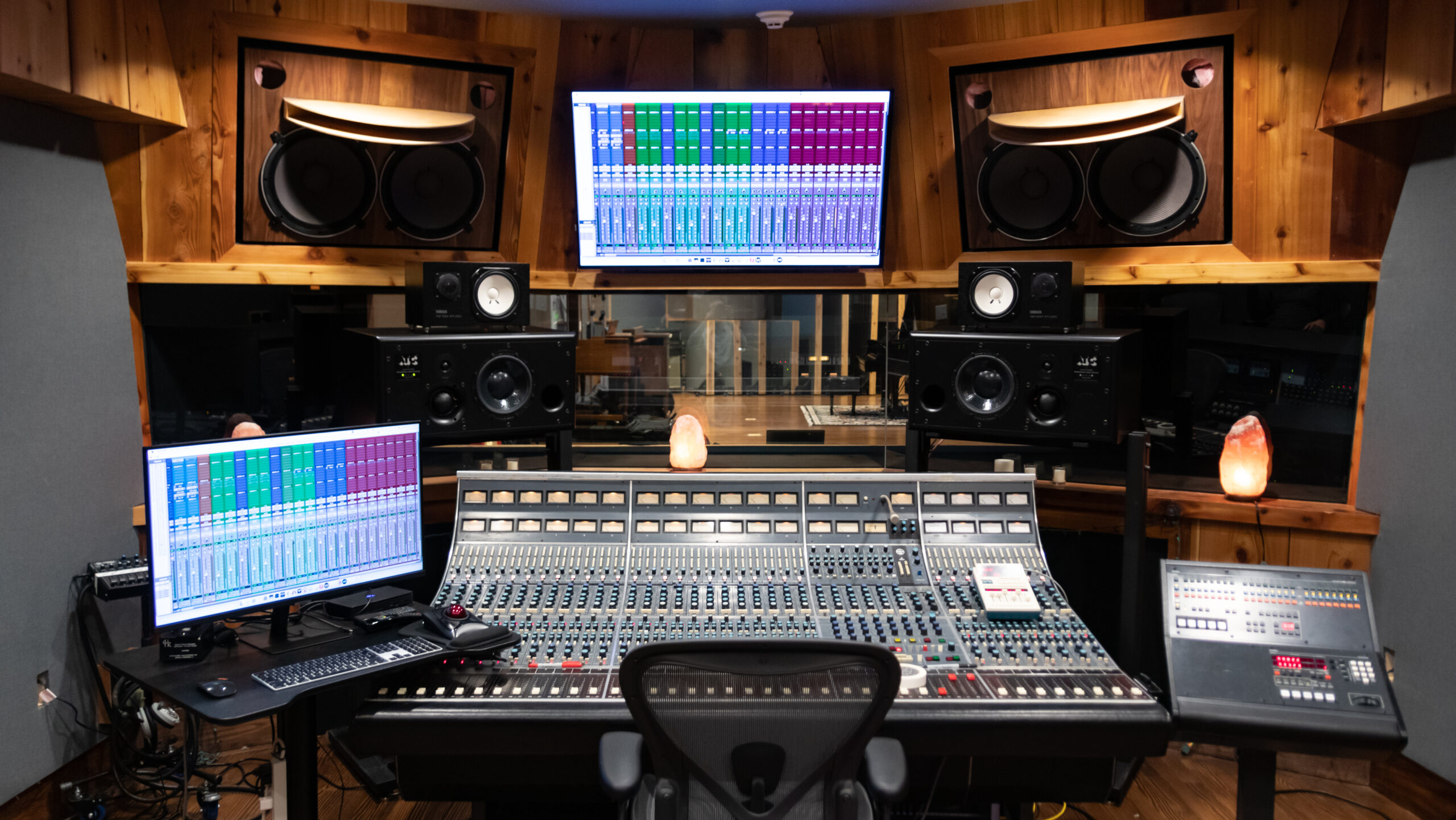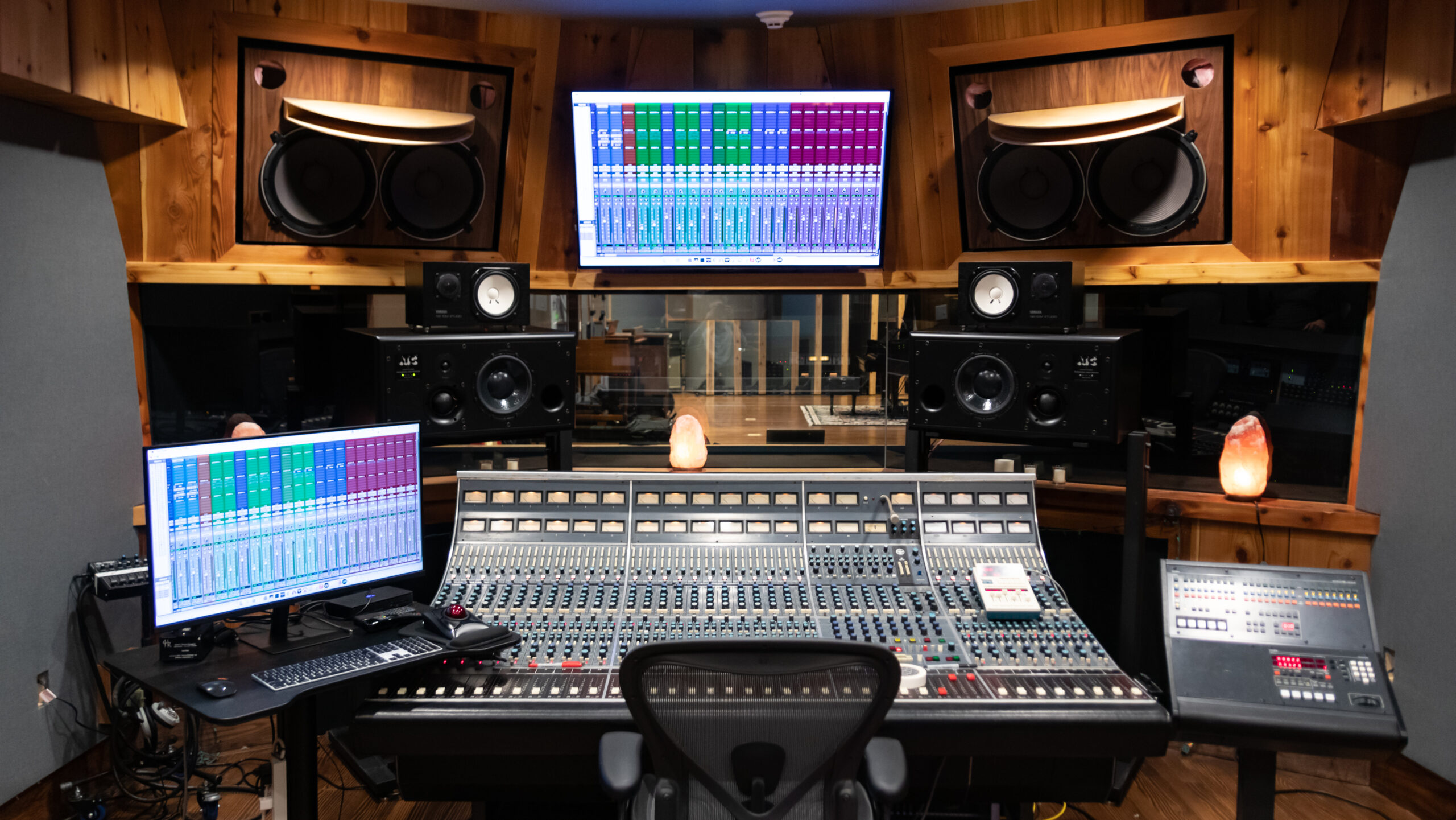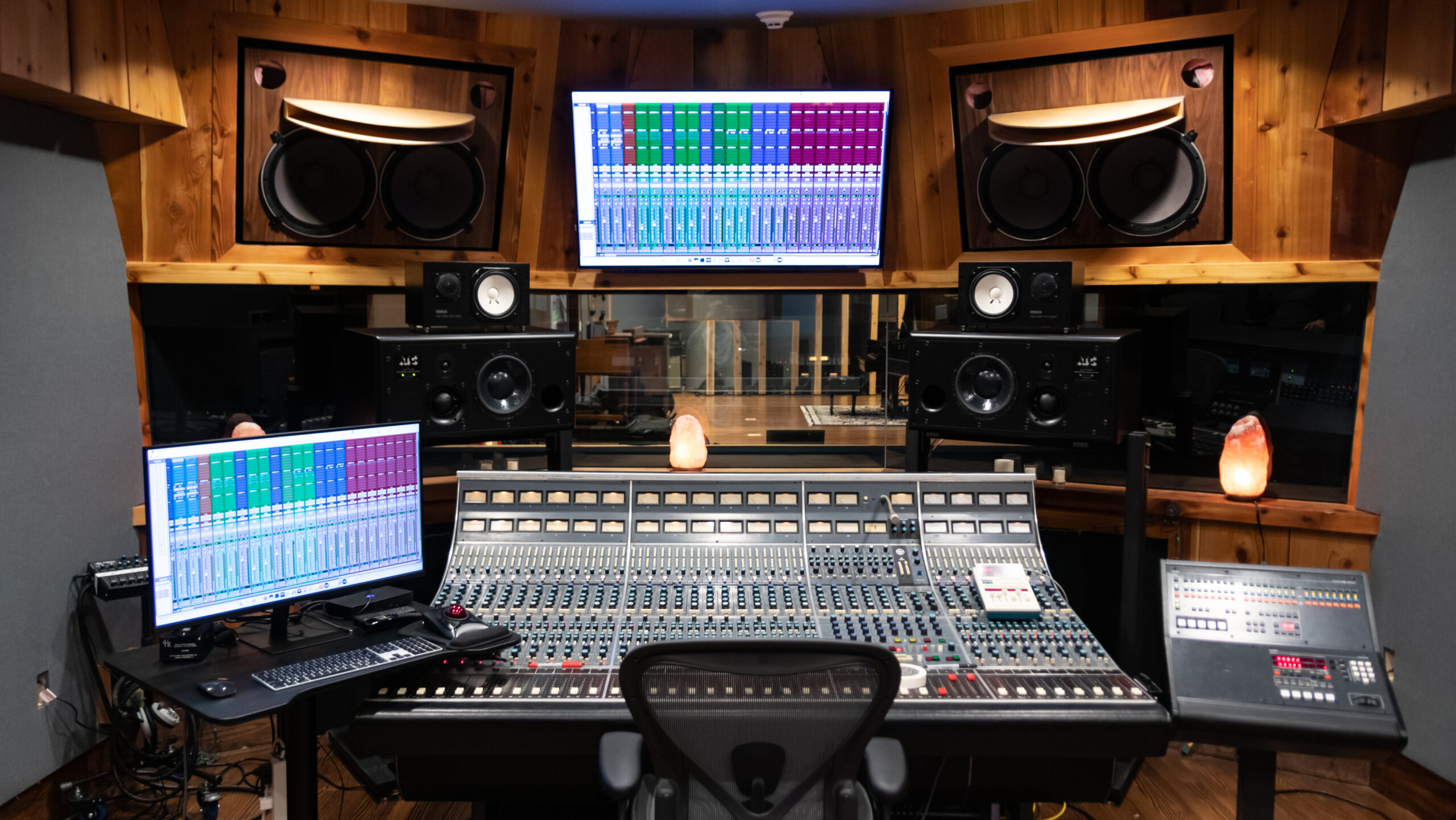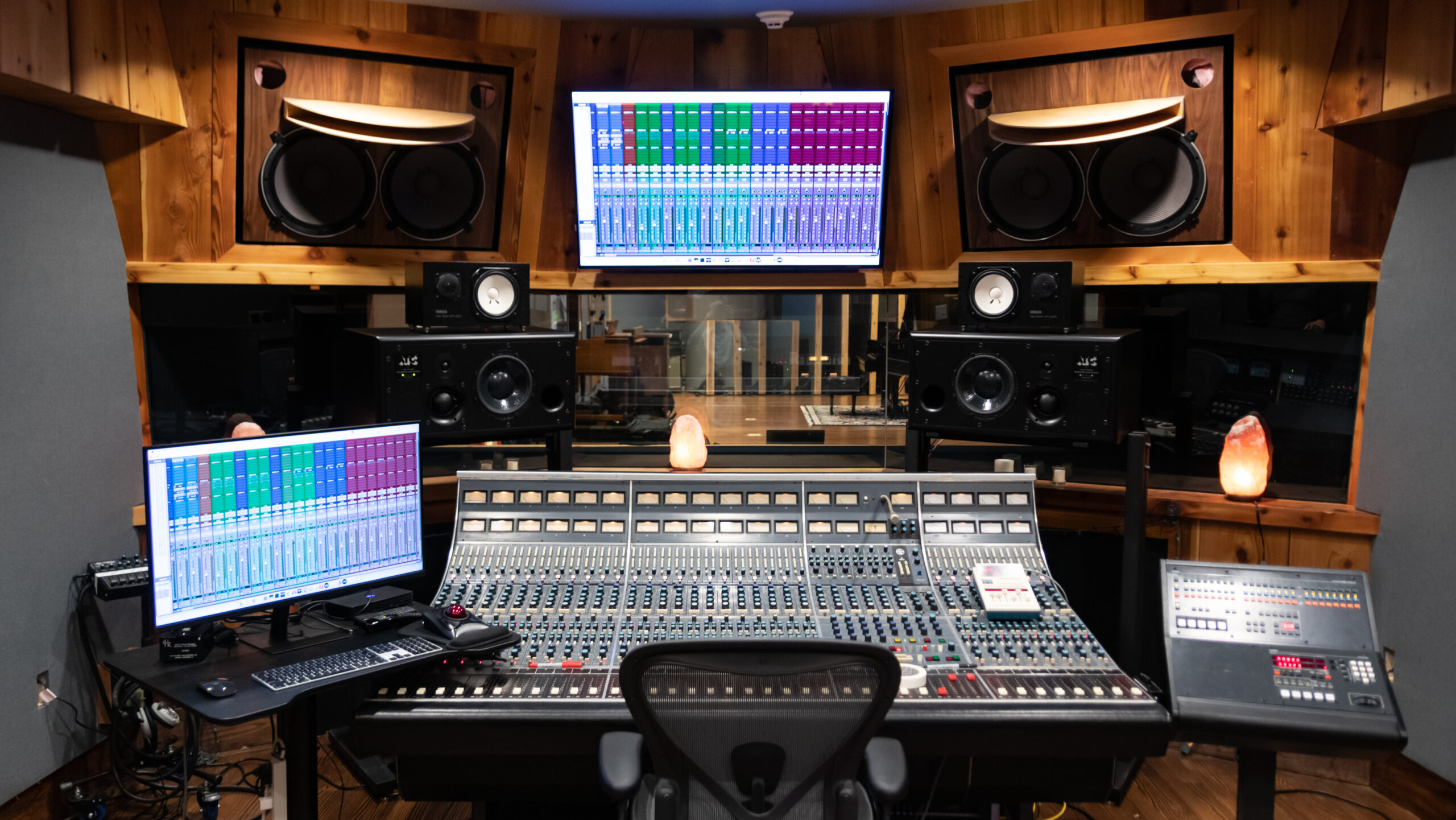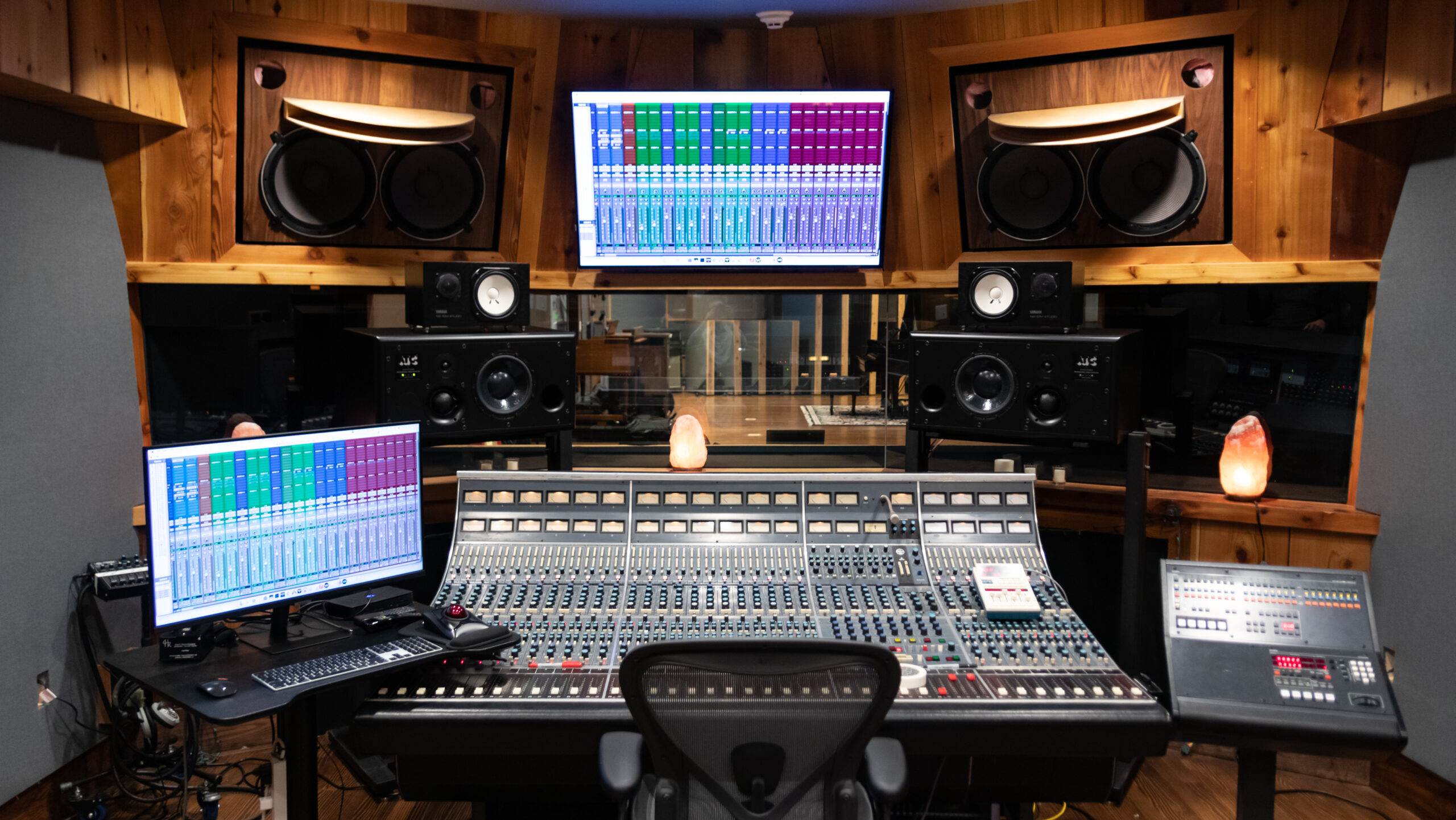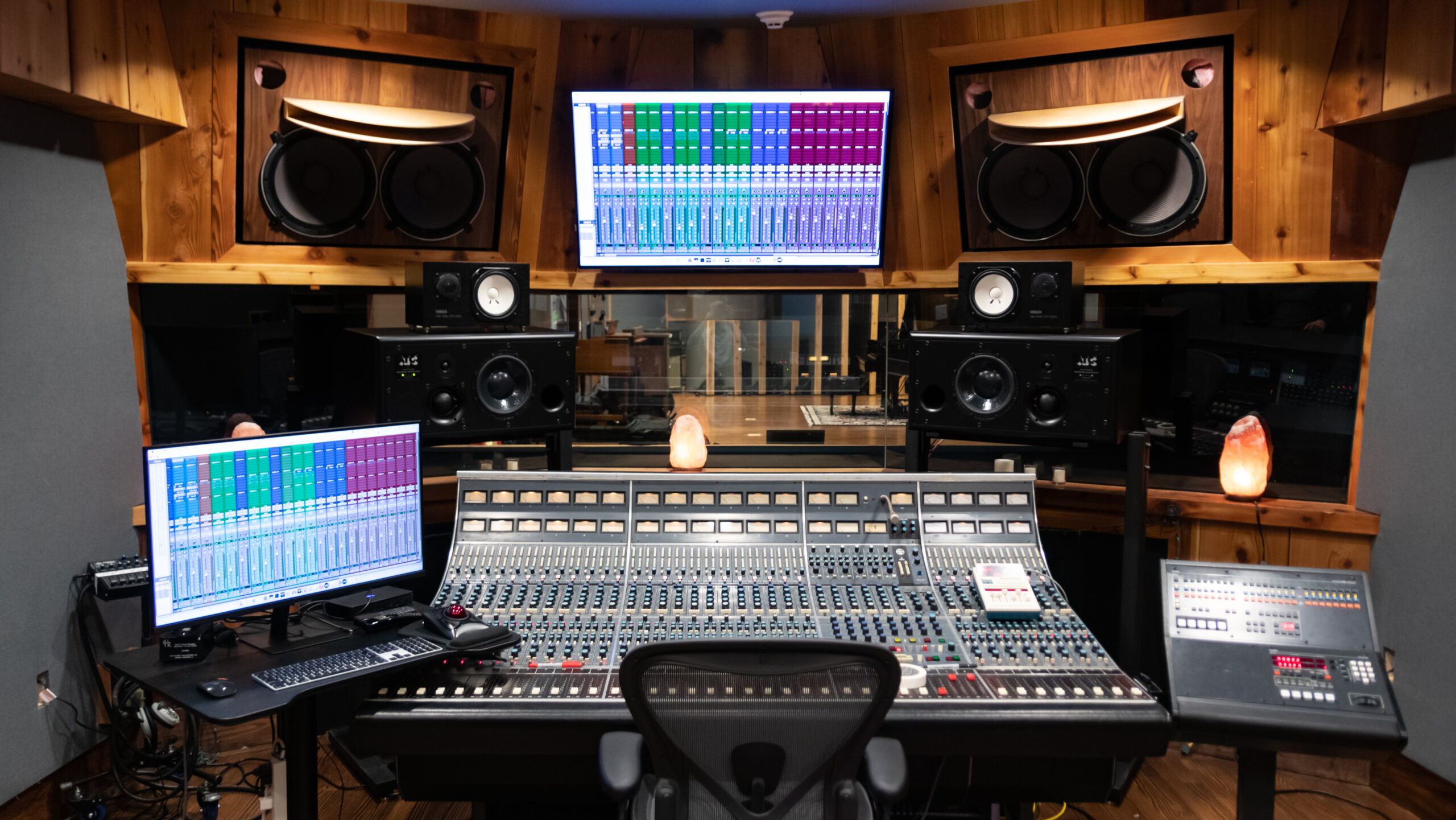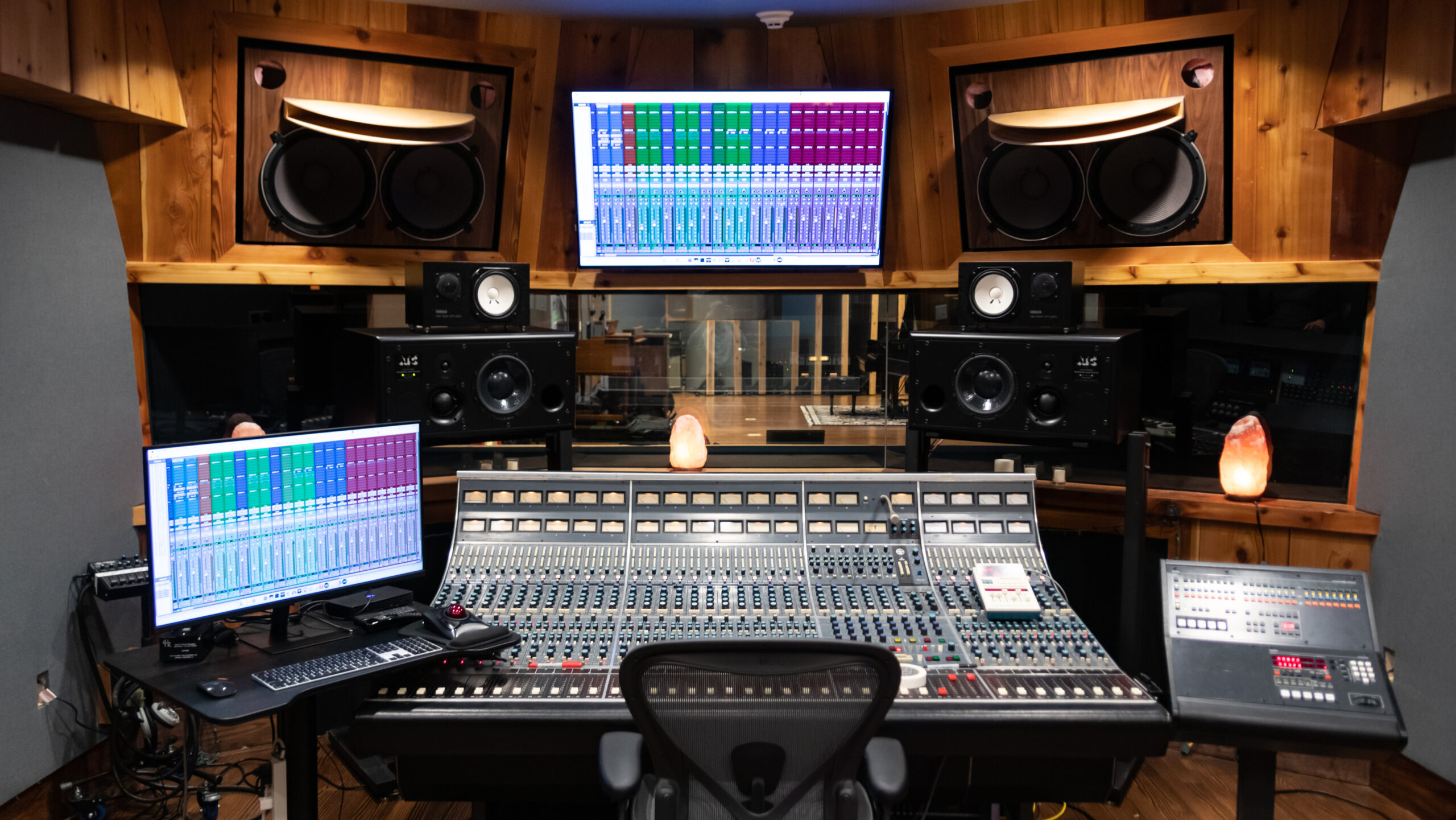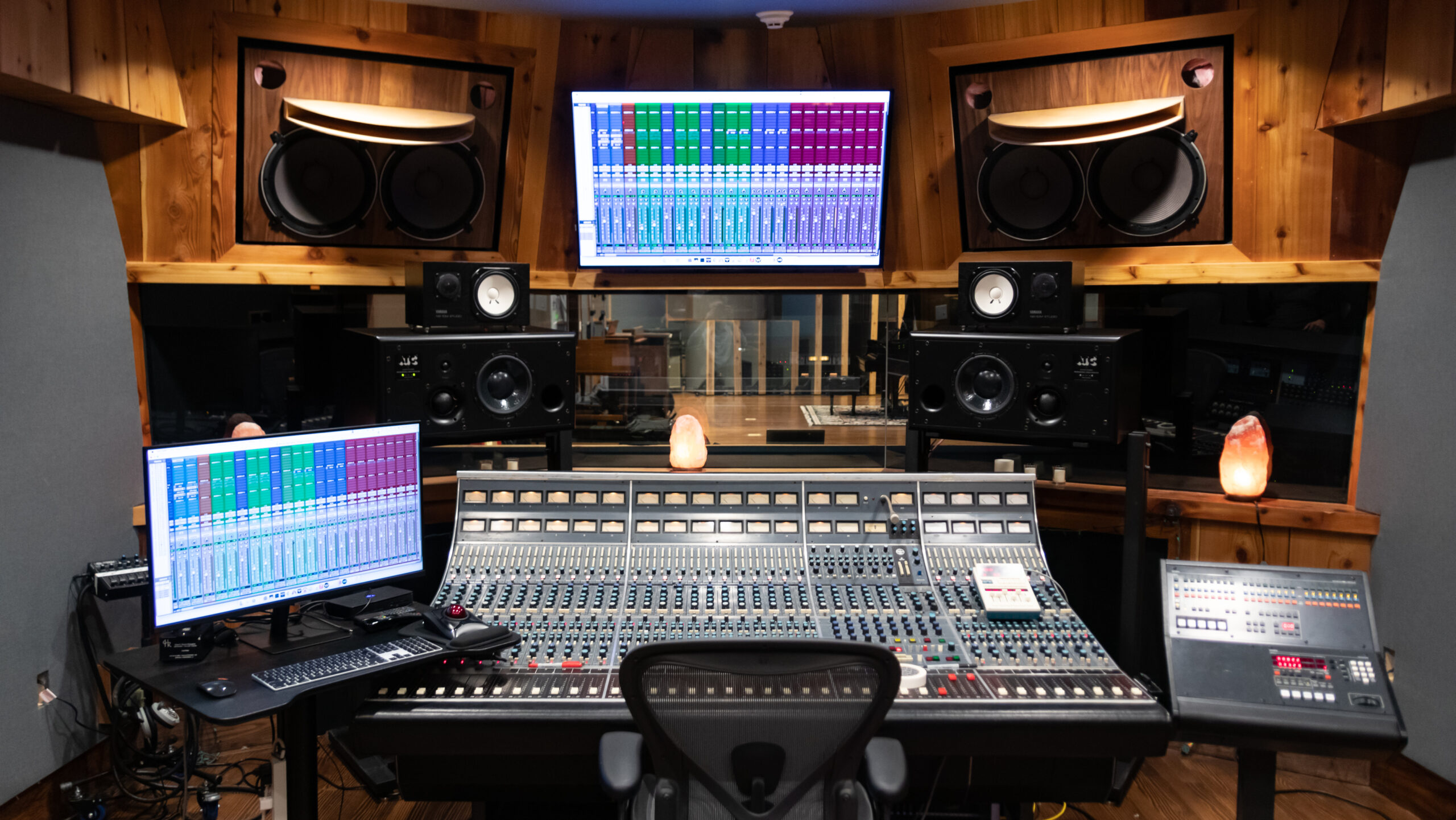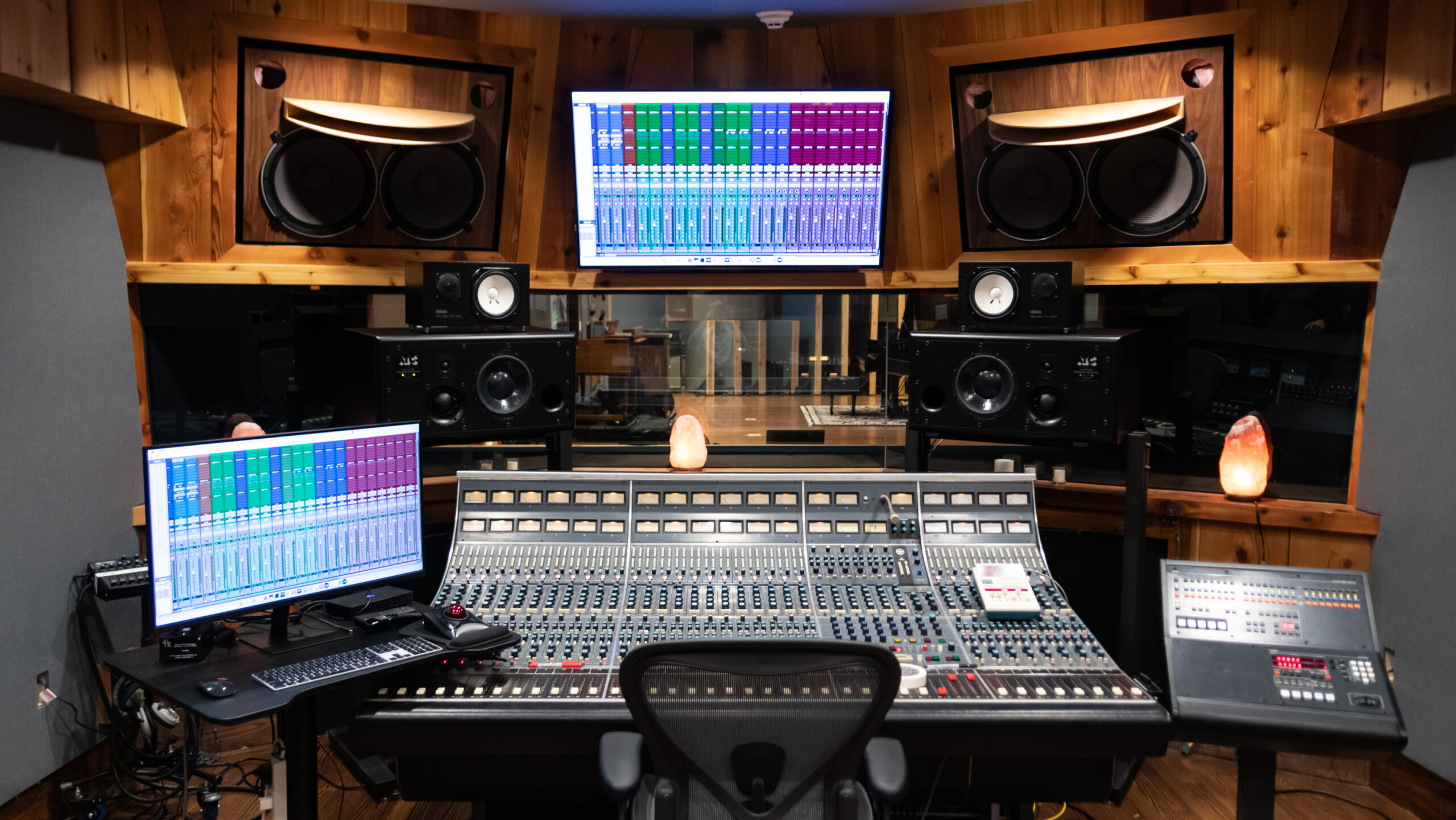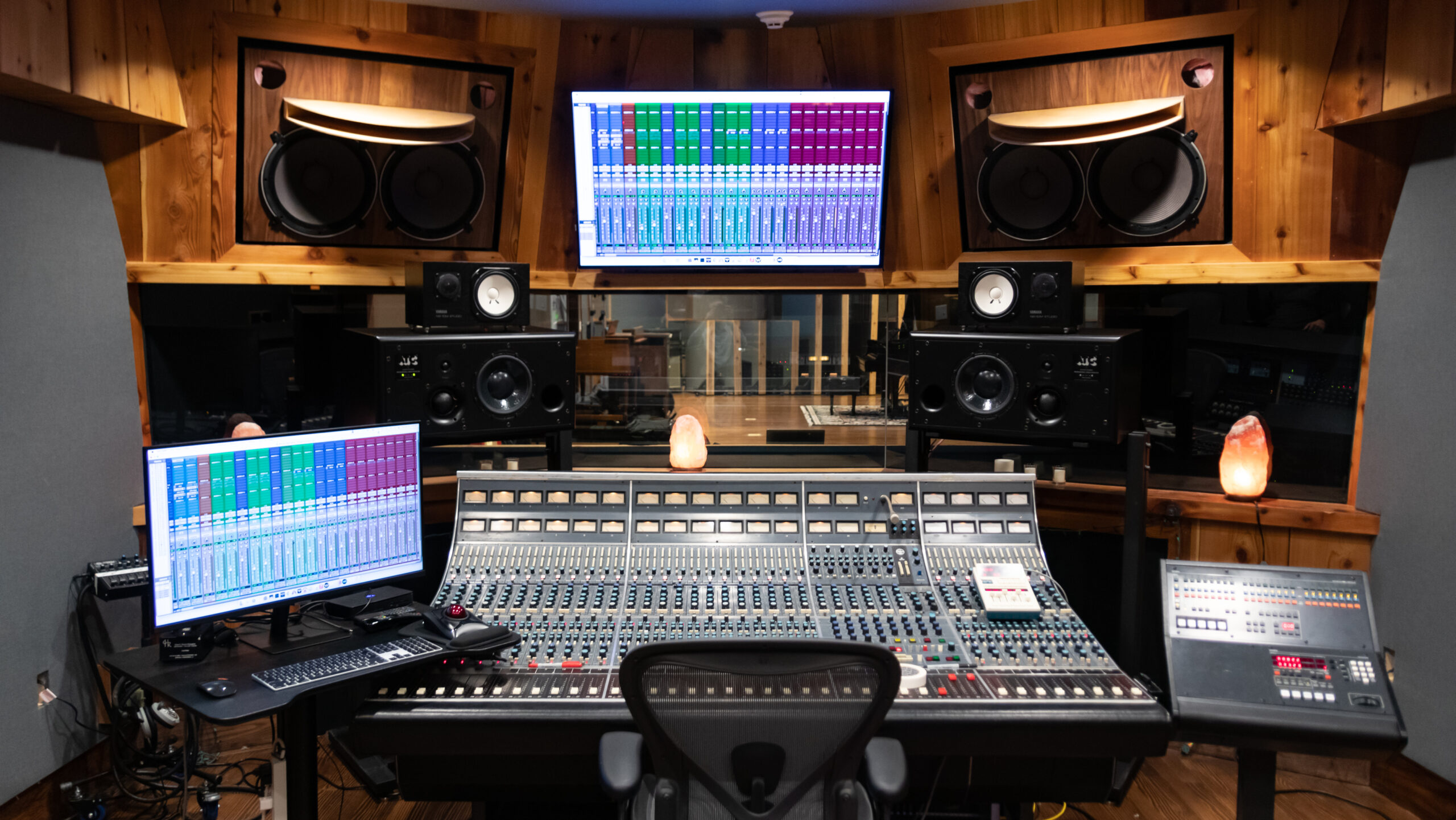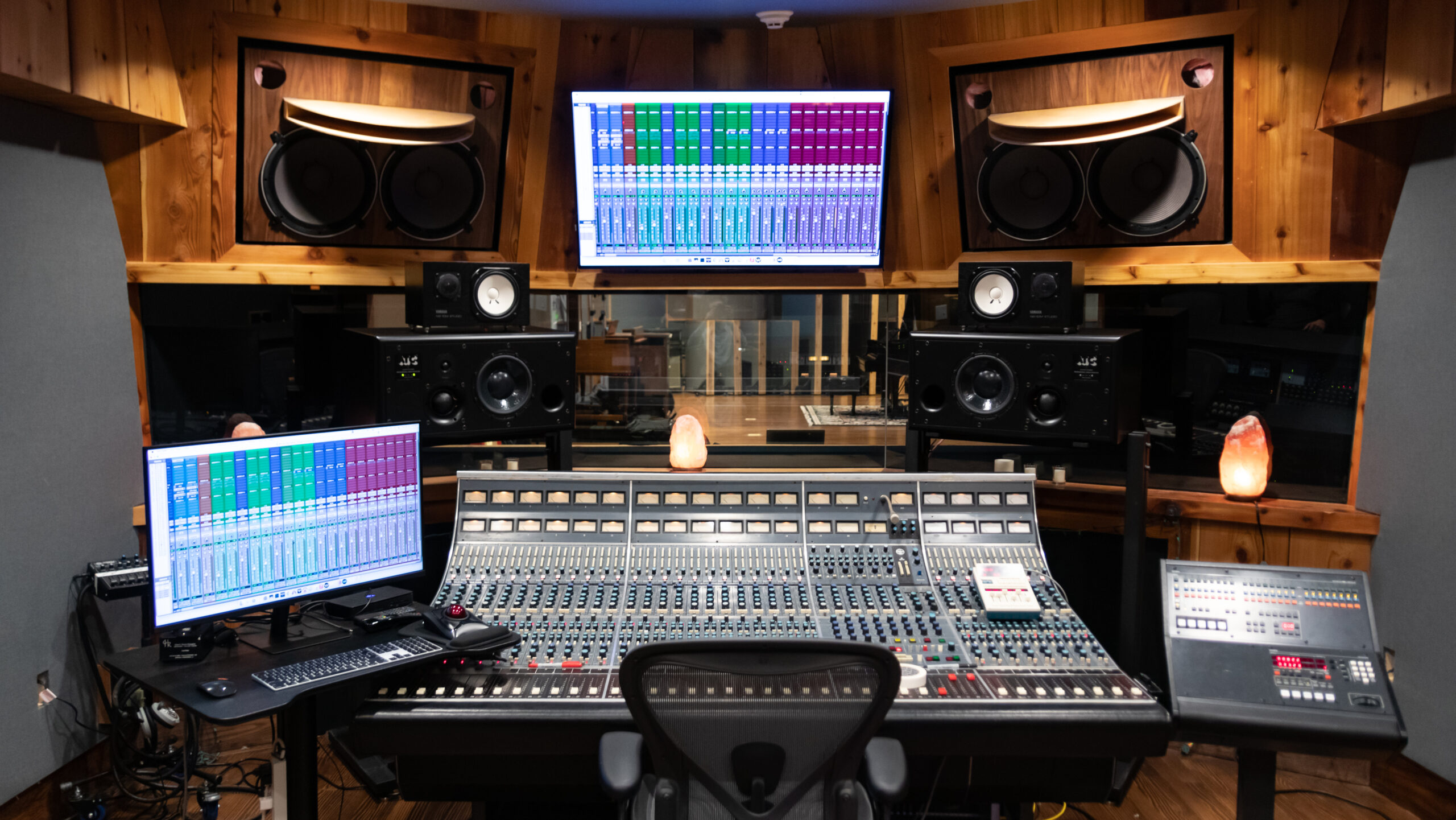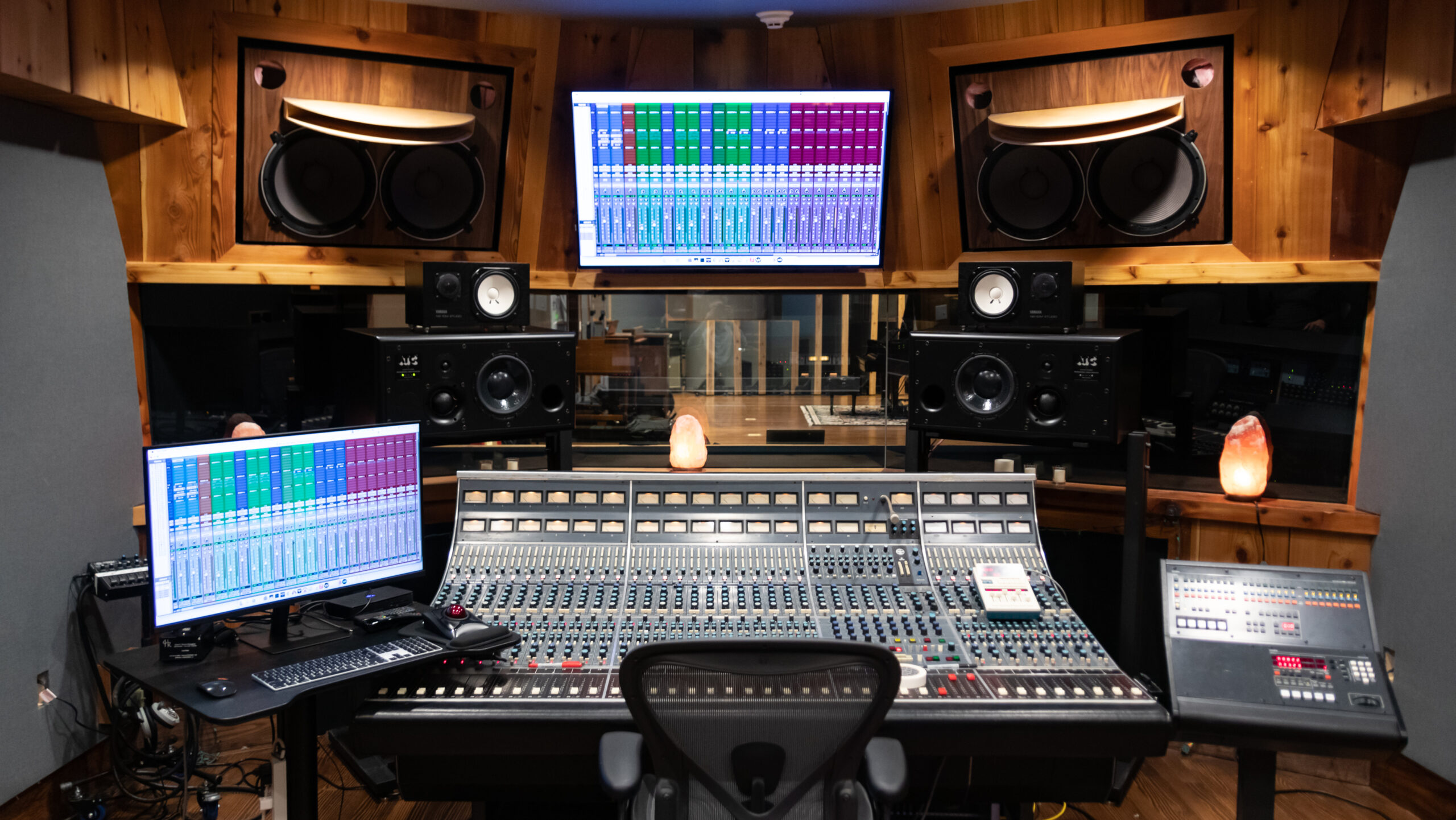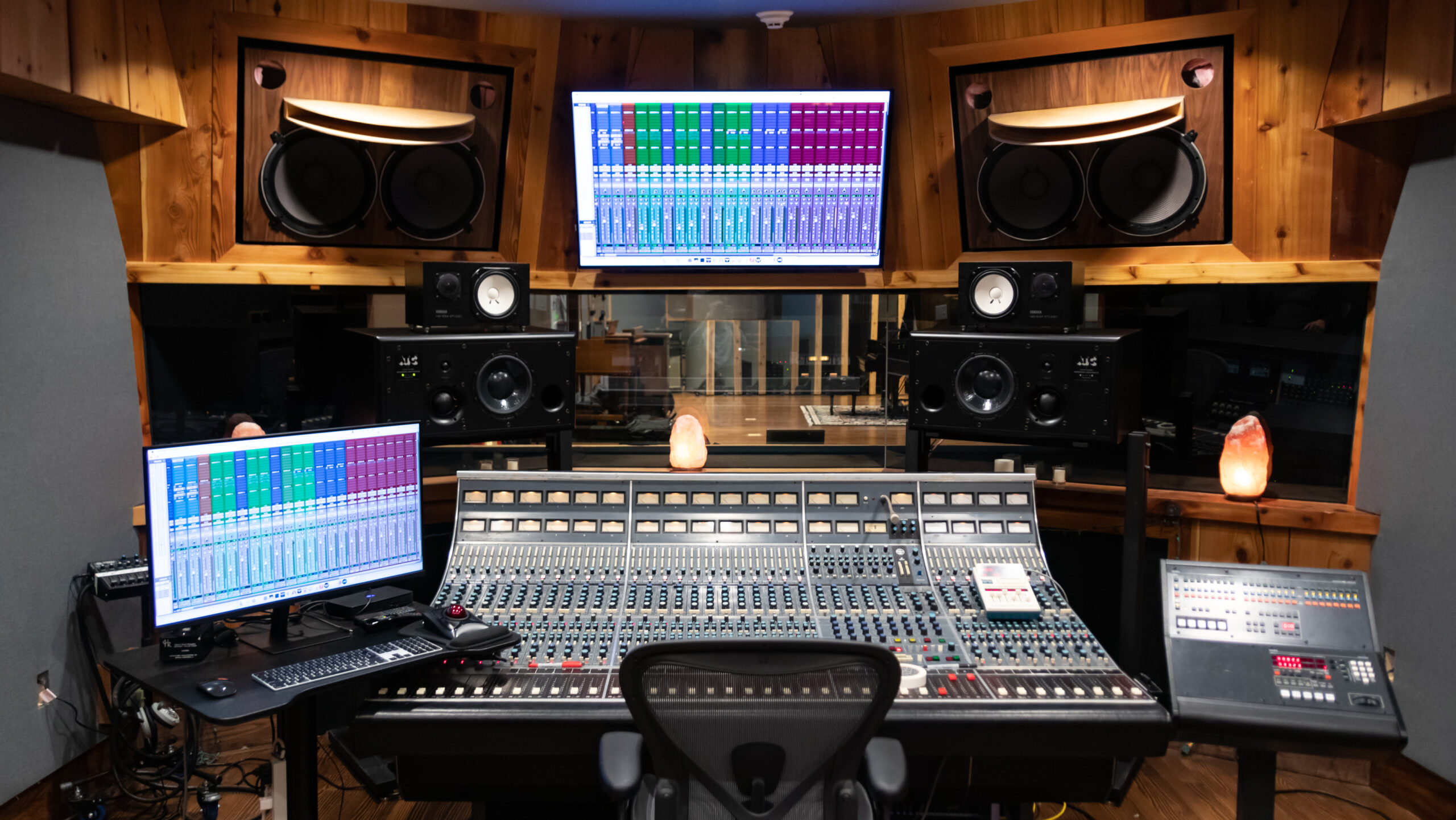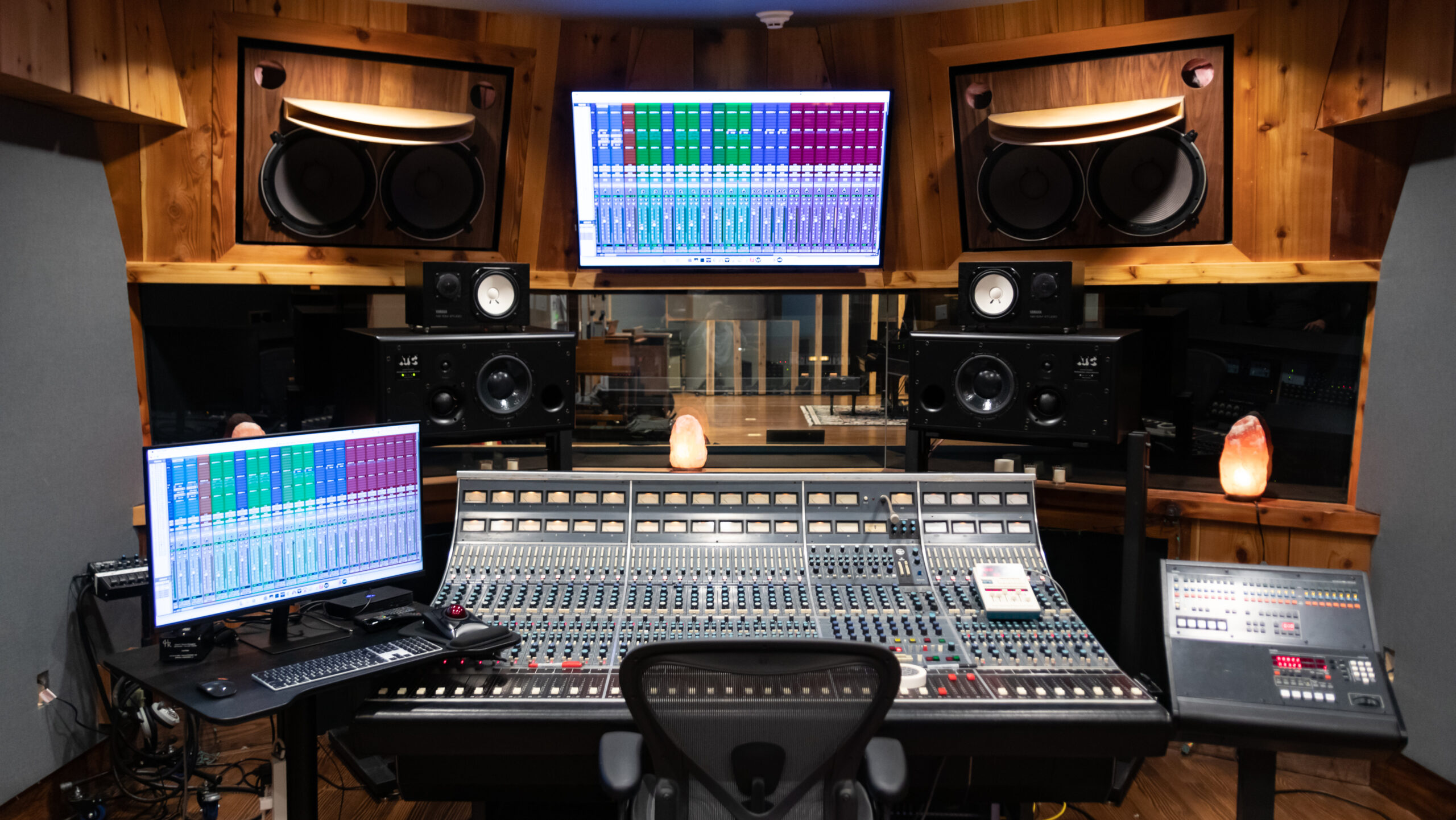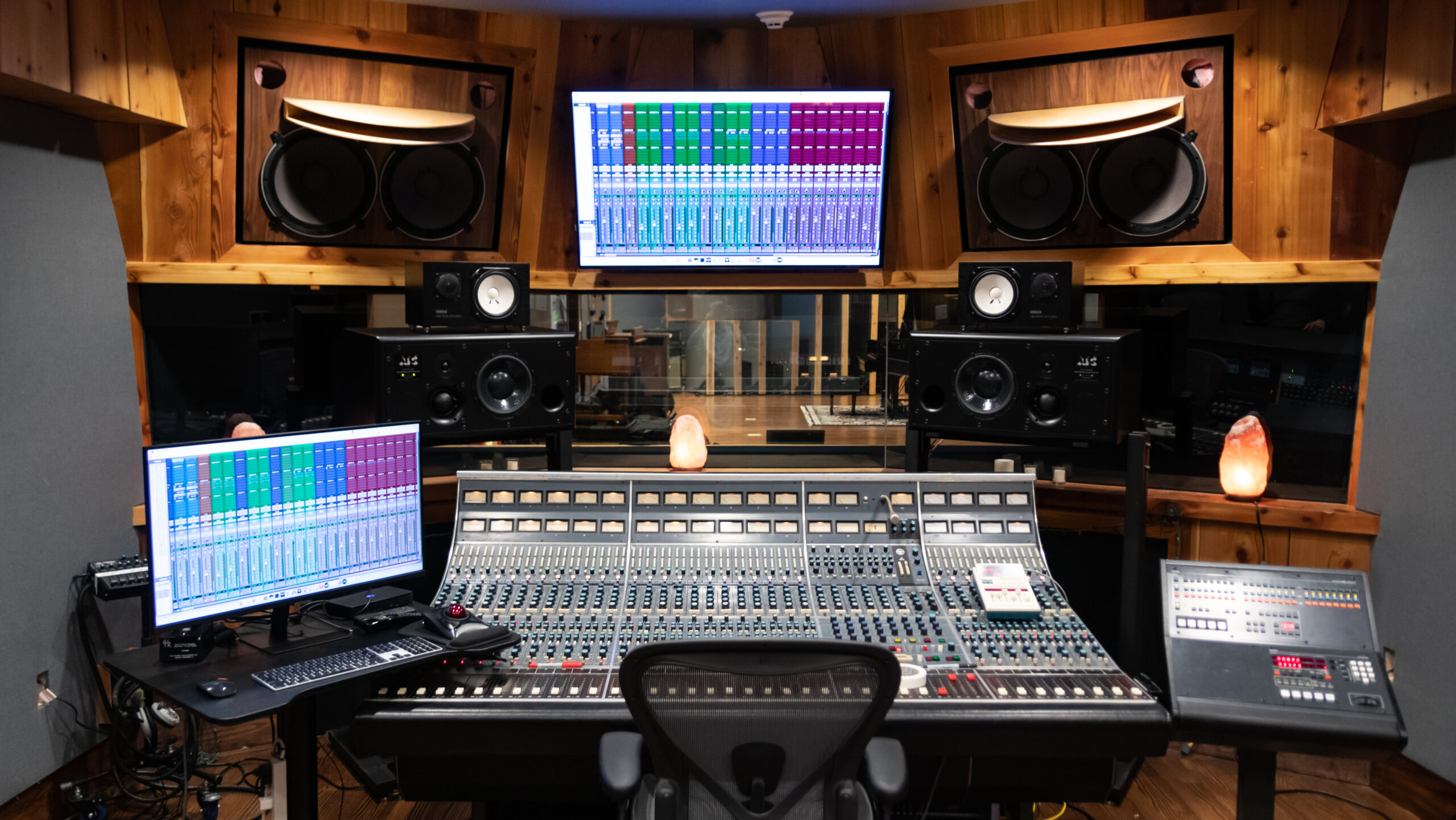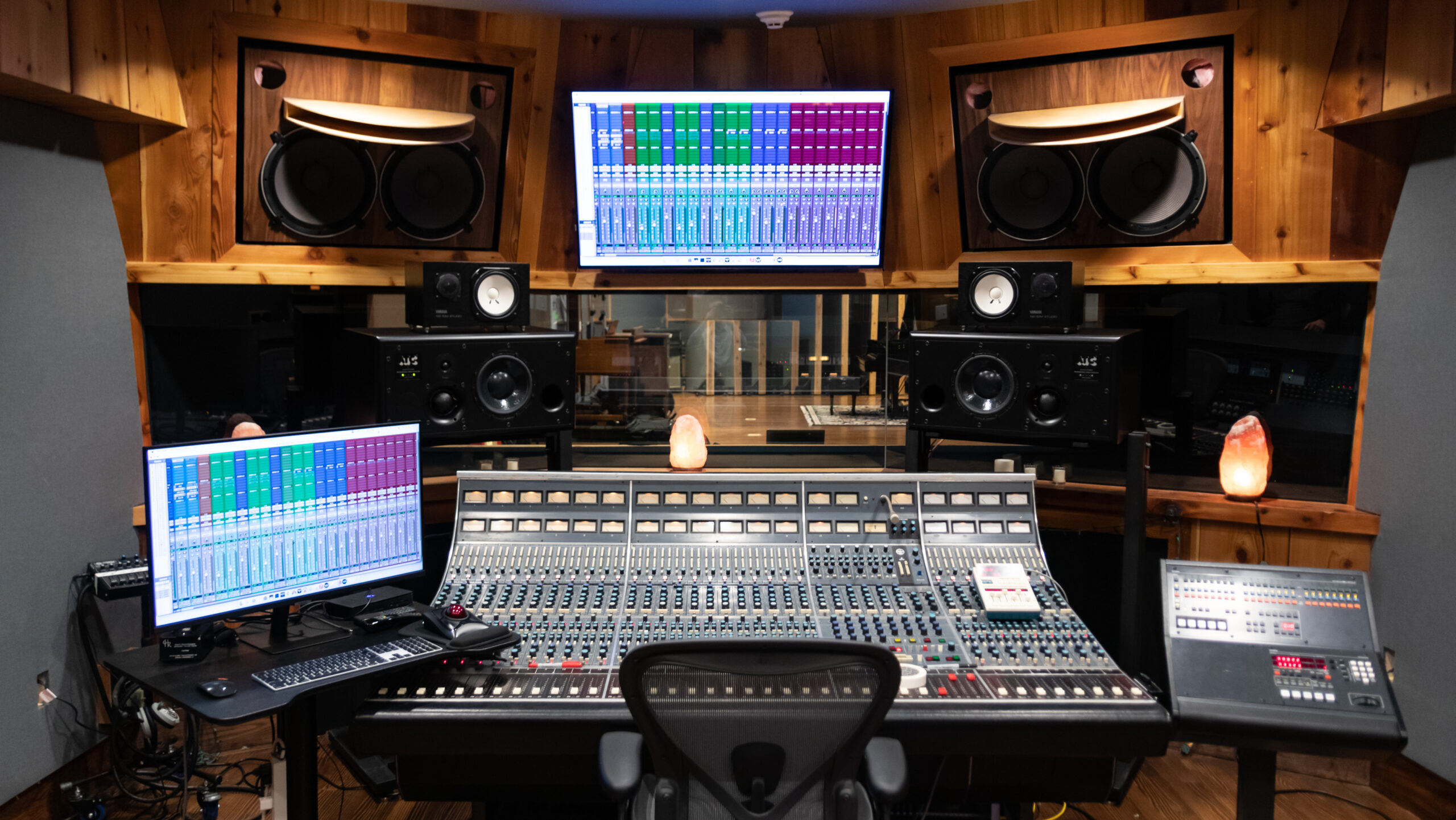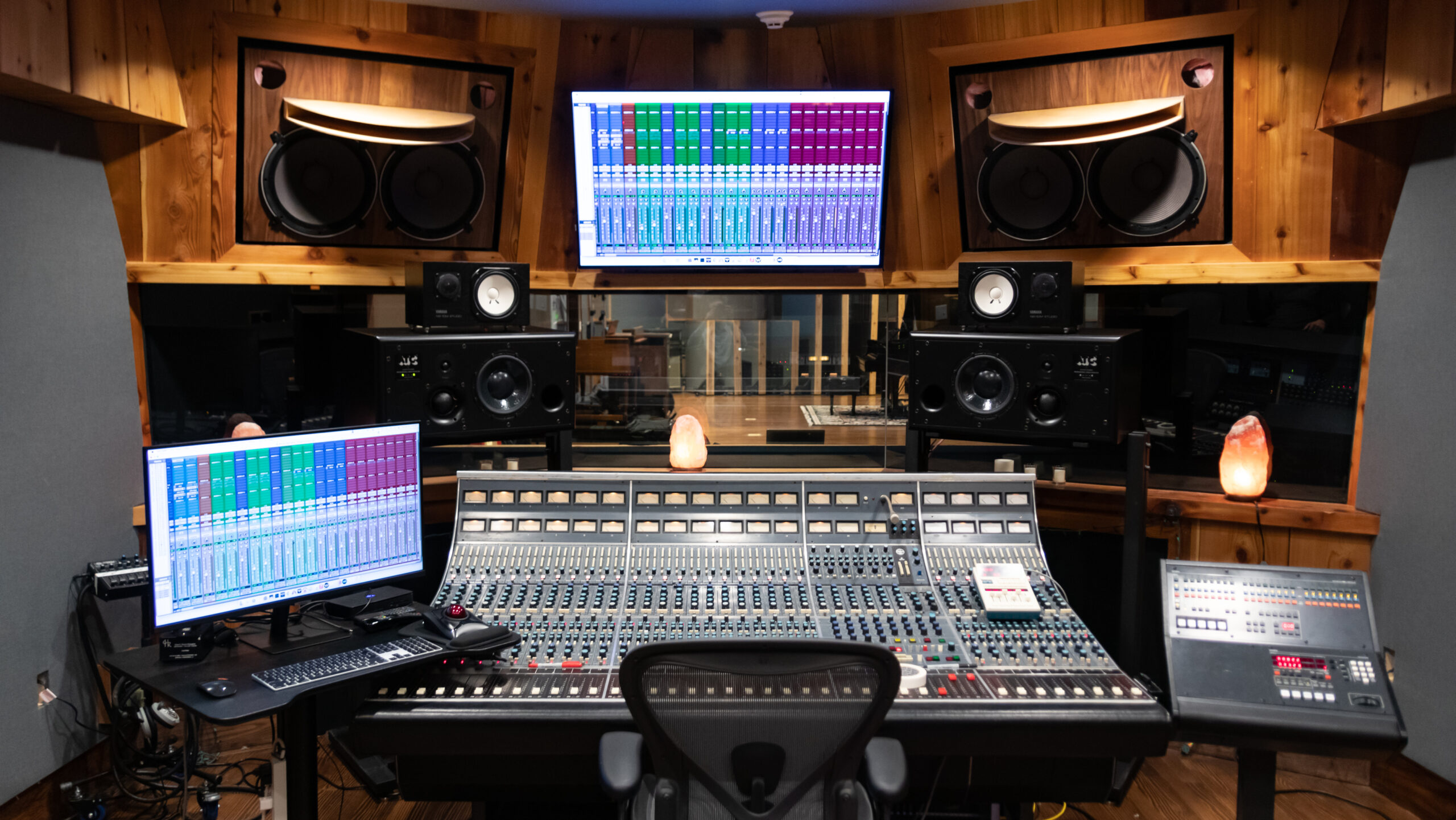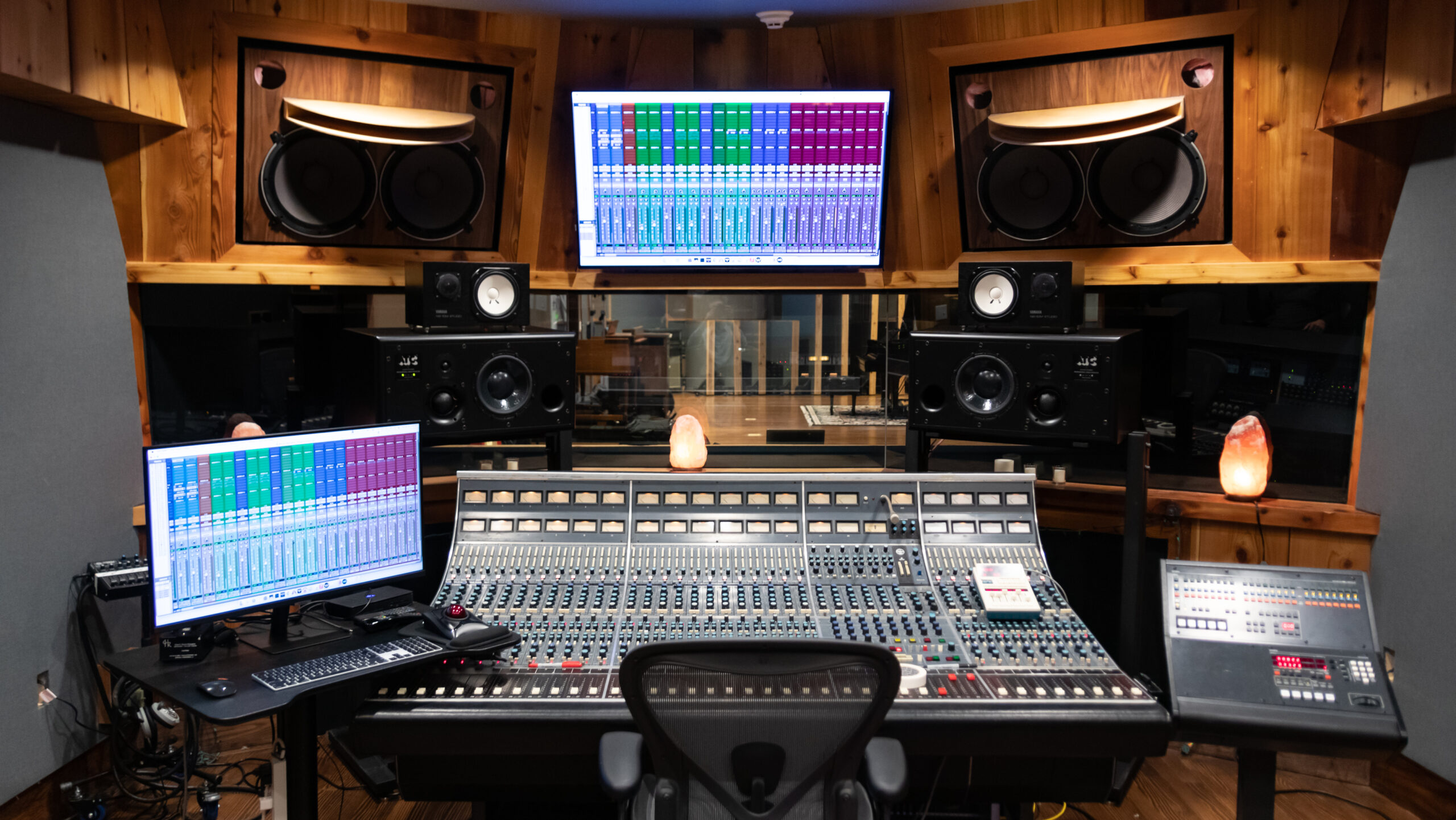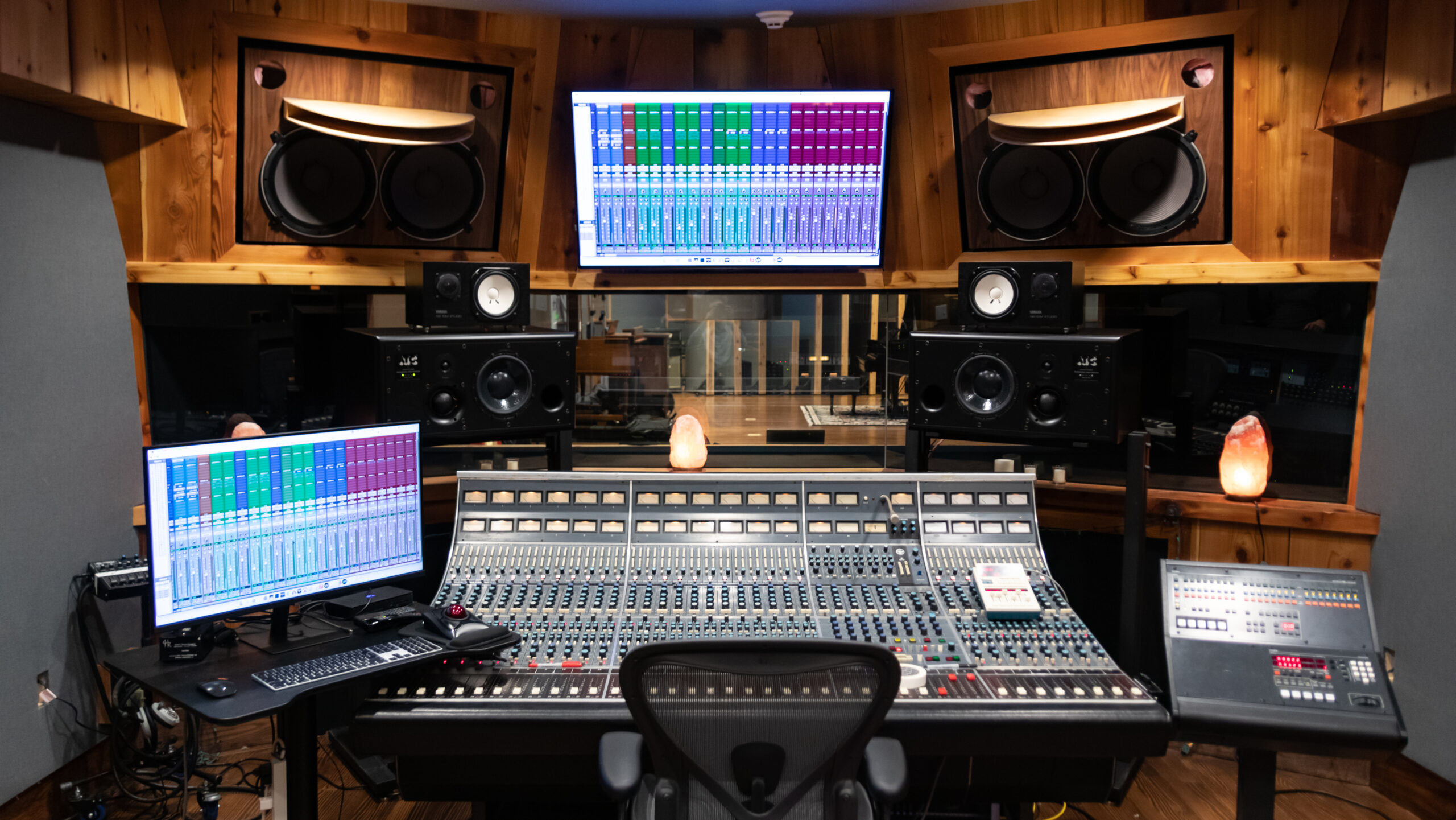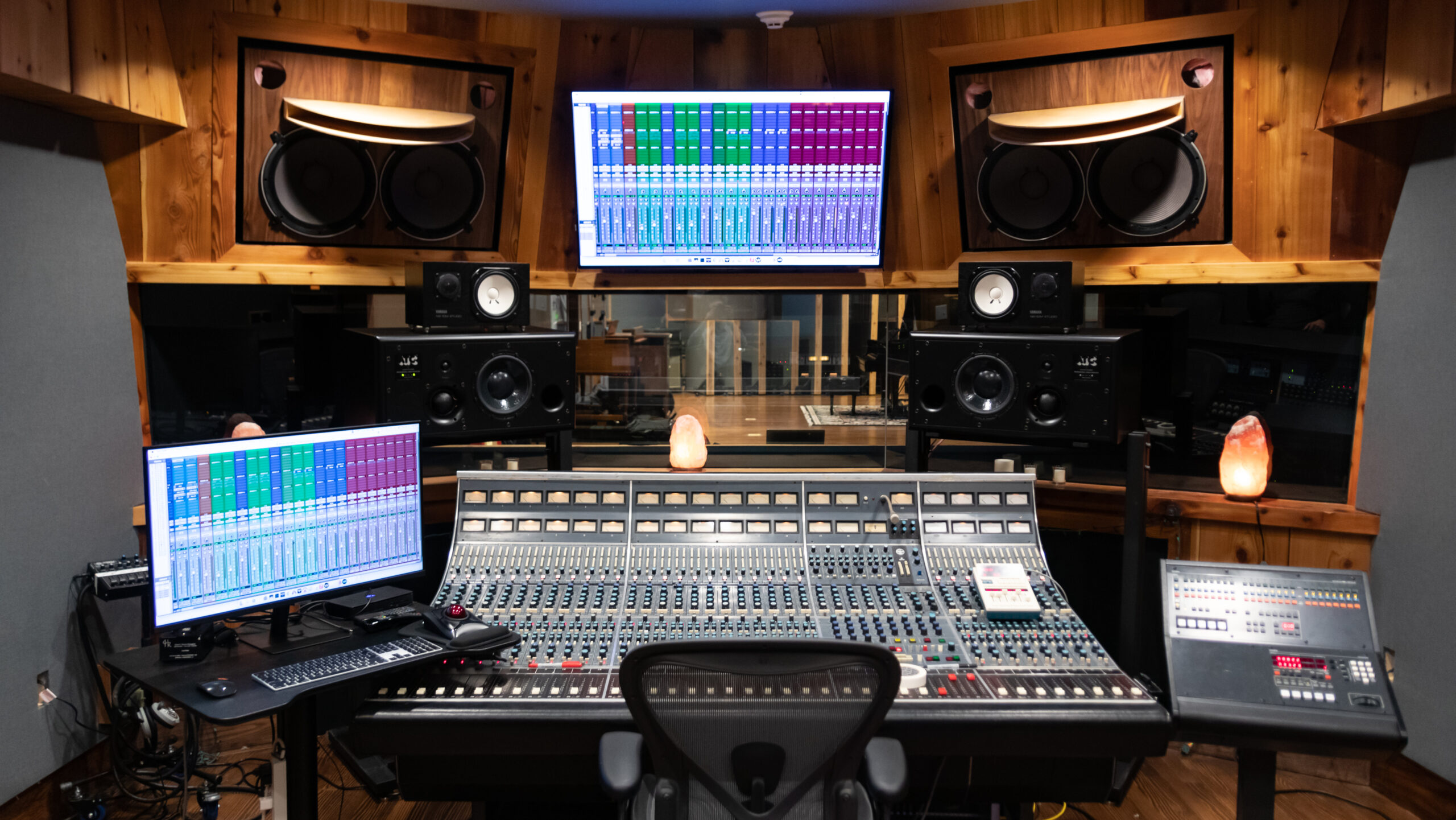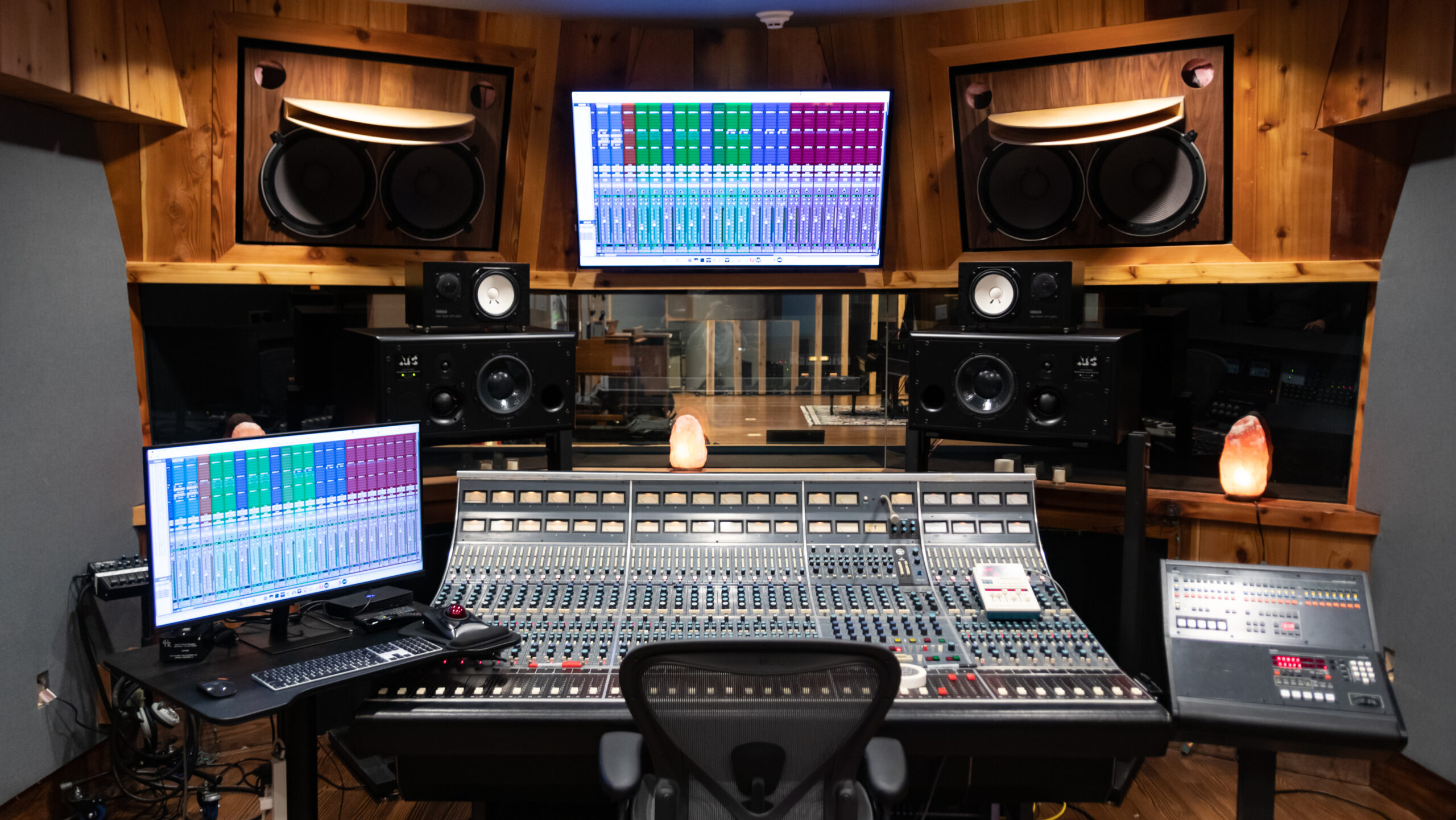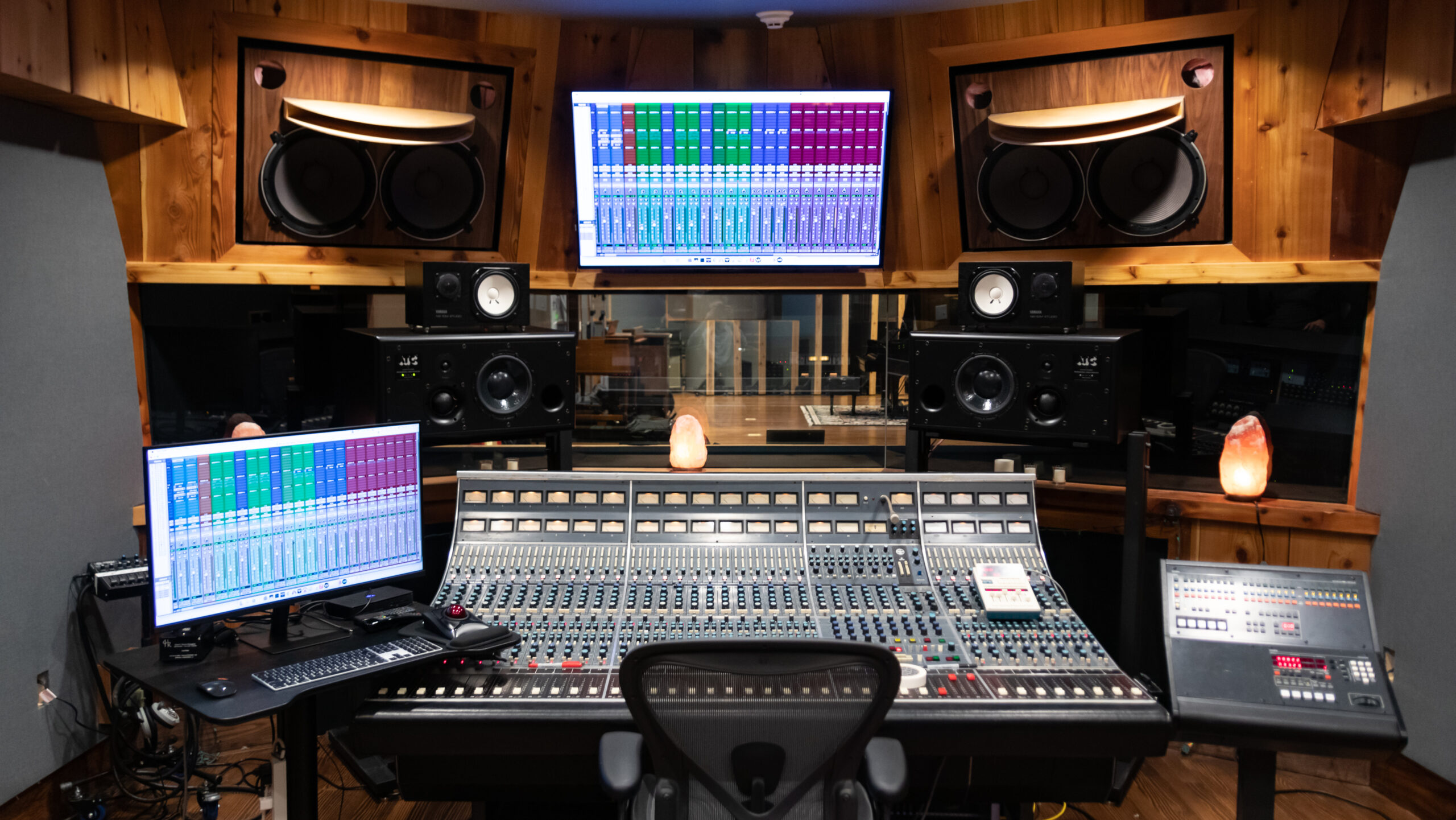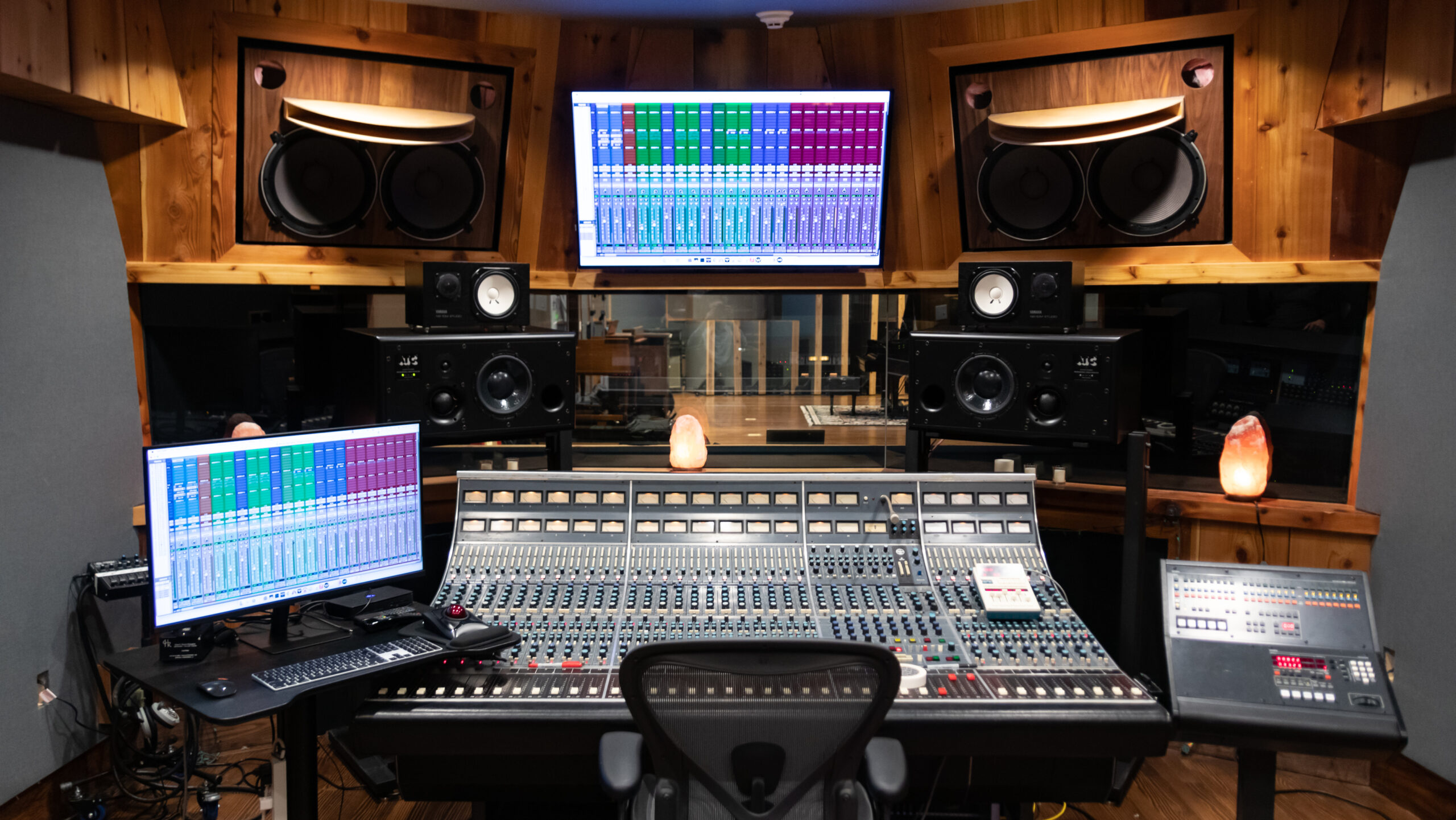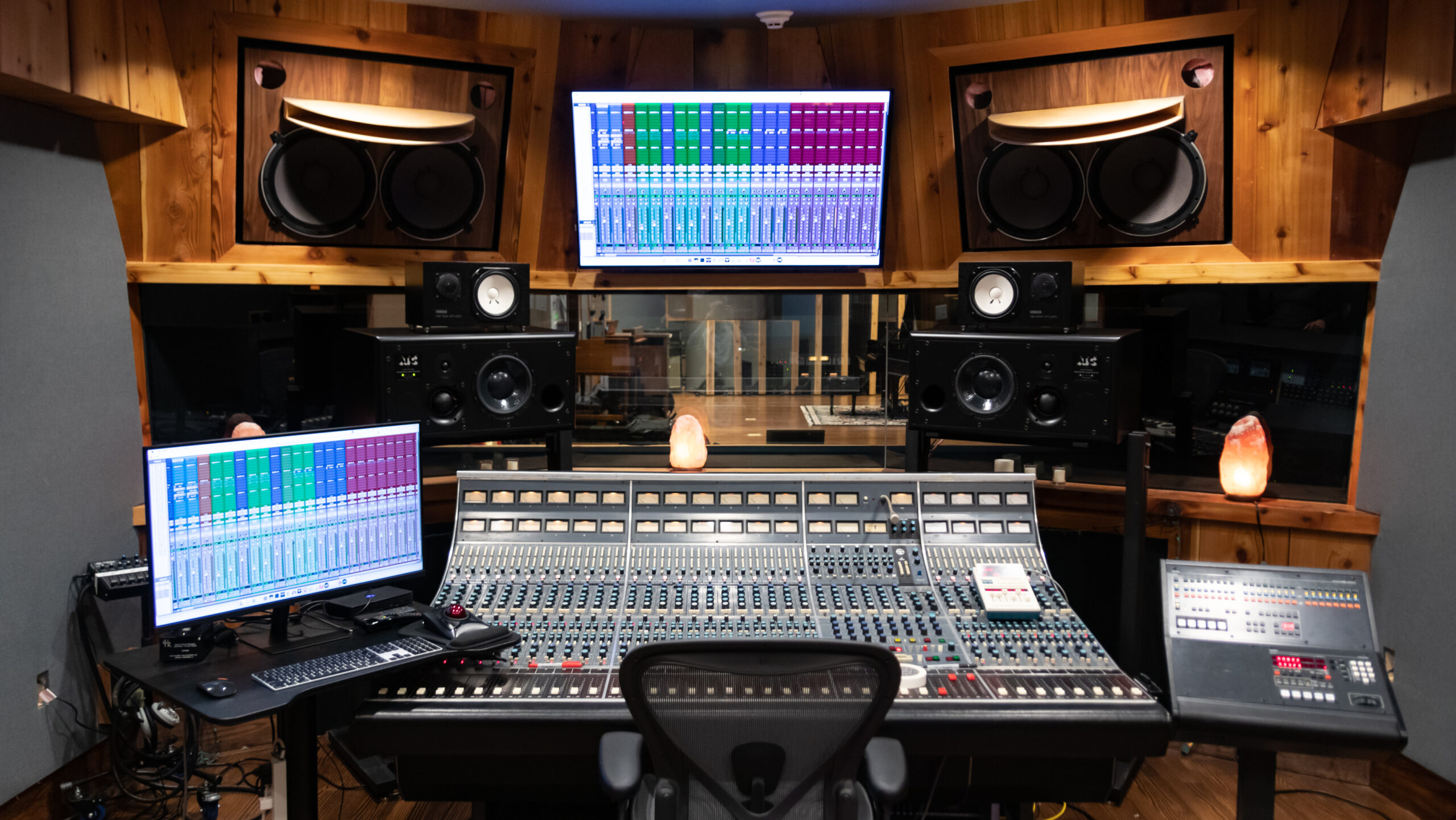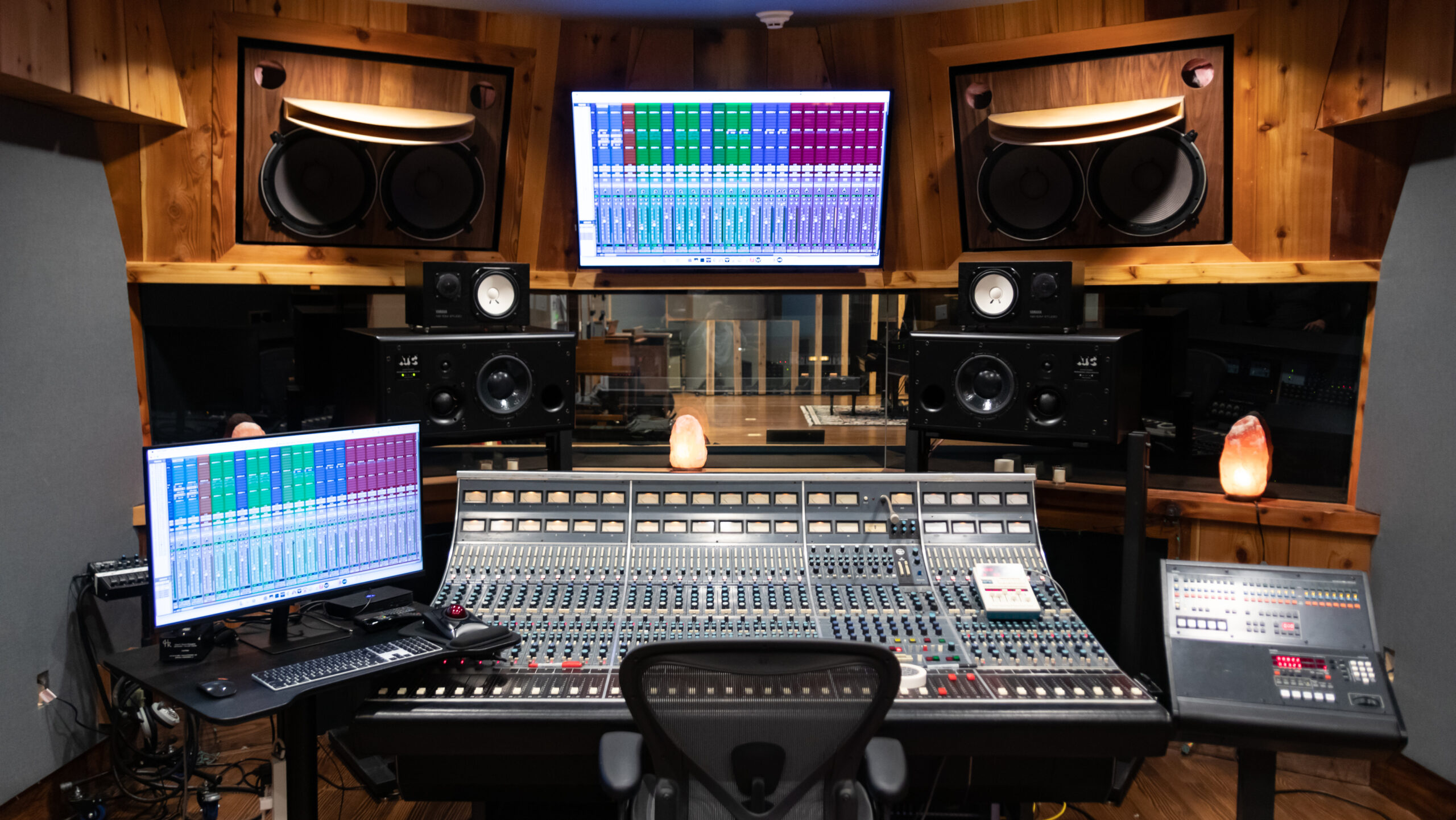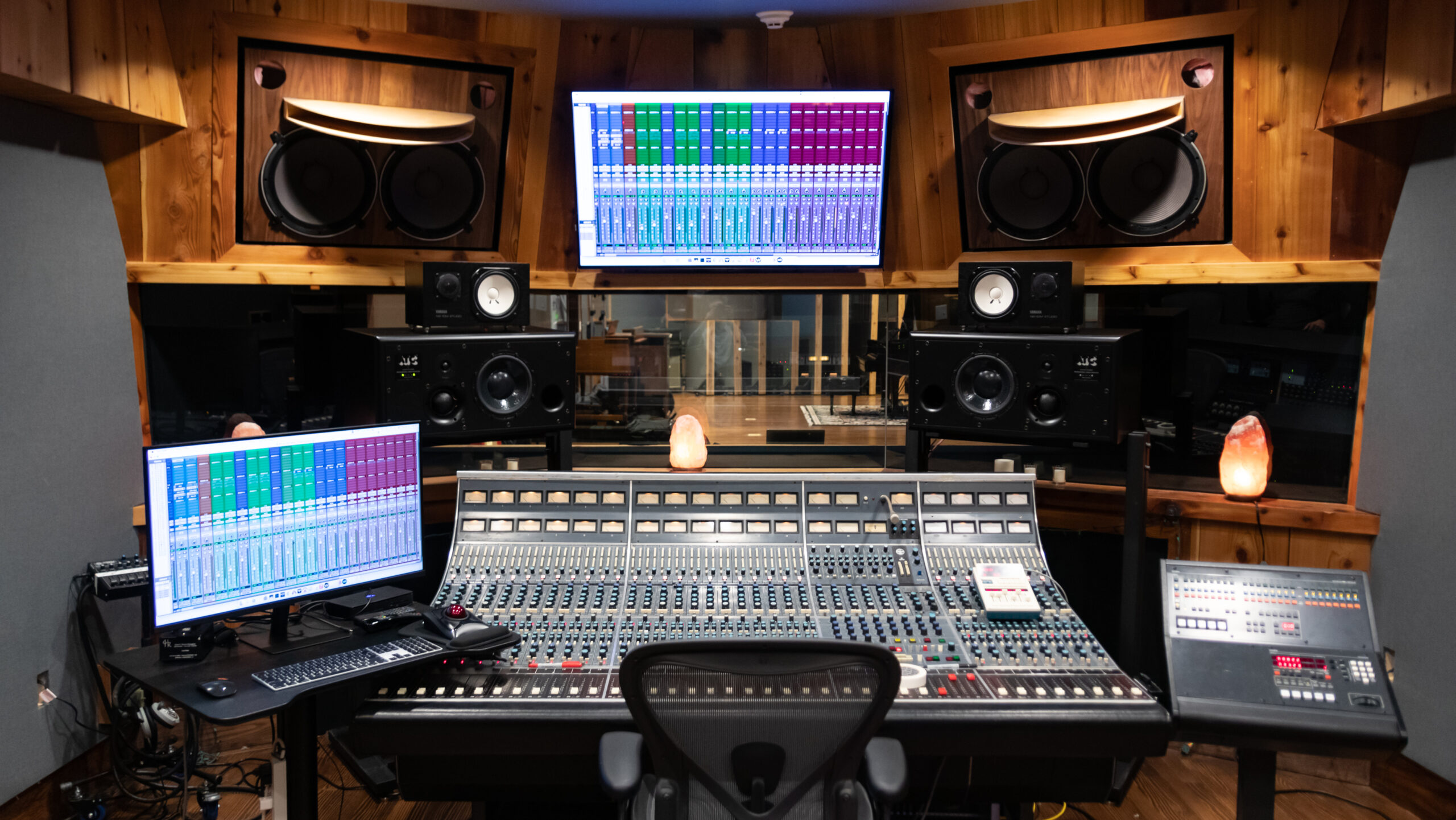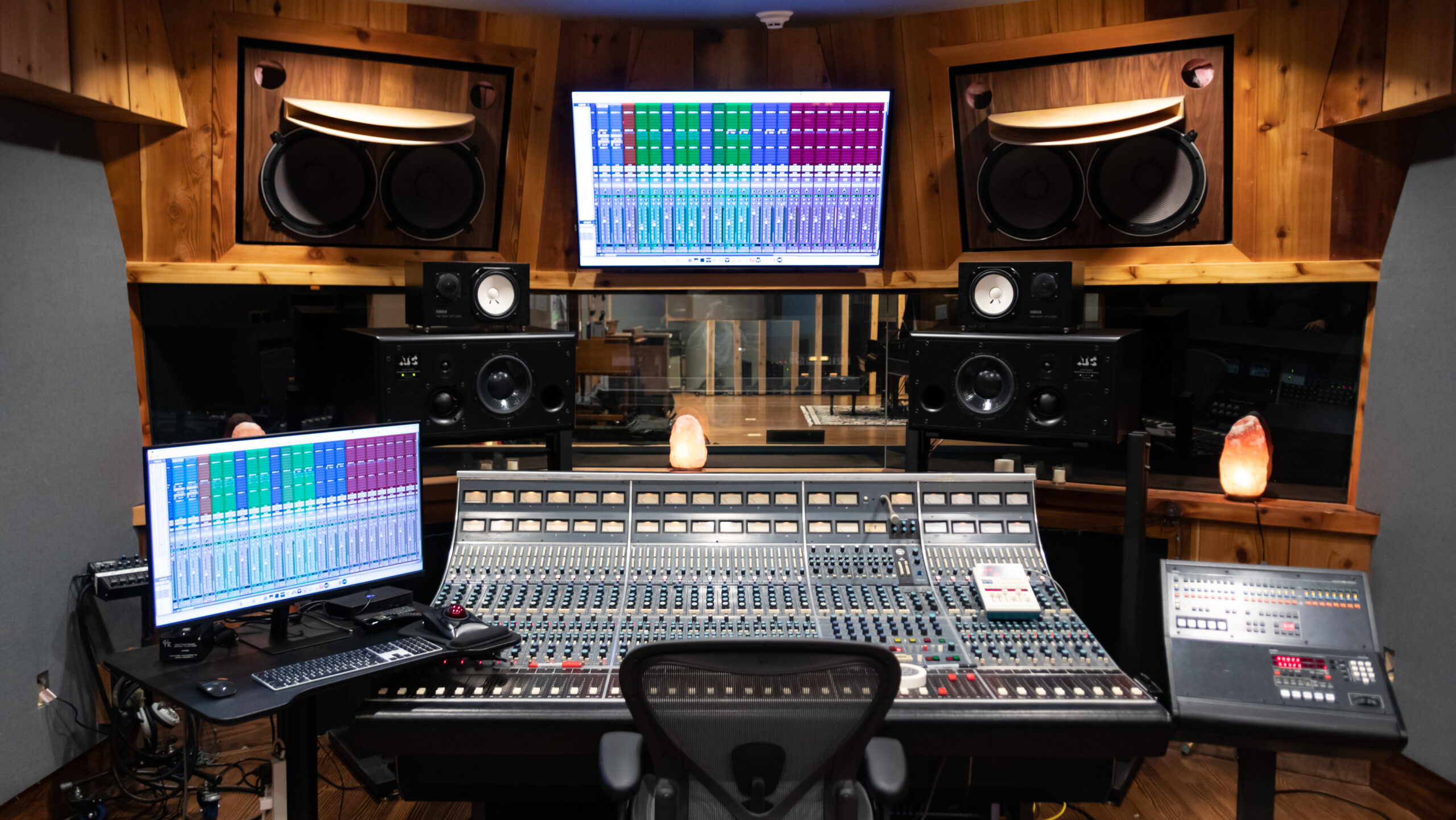The recording industry relies heavily on pristine…
Major Recording Studio Insurance: Comprehensive Protection for Professional Music Production Facilities
The music industry relies heavily on major recording studios to create the albums, singles, and soundtracks that define our cultural landscape. These sophisticated facilities represent significant investments in cutting-edge technology, acoustically treated spaces, and specialized equipment worth millions of pounds. However, with such valuable assets and complex operations comes substantial risk exposure that requires comprehensive insurance protection tailored specifically to the recording industry.
Understanding Major Recording Studio Operations
Major recording studios operate as complex business entities that serve multiple functions within the music industry. These facilities typically house multiple recording rooms, control rooms, mixing suites, mastering facilities, and often include rehearsal spaces, equipment rental services, and accommodation for visiting artists. The clientele ranges from established record labels and internationally recognized artists to emerging musicians and commercial advertisers requiring high-quality audio production.
The operational complexity of major recording studios creates unique insurance challenges. Studios often operate around the clock, with sessions running continuously to accommodate international clients across different time zones. The facility must maintain perfect acoustic conditions, climate control, and power stability while managing the constant flow of valuable instruments, equipment, and high-profile personalities through their premises.
Essential Insurance Coverage for Major Recording Studios
Property Insurance and Equipment Protection
The foundation of any major recording studio insurance program begins with comprehensive property coverage. Recording studios house extraordinarily expensive equipment including mixing consoles that can cost hundreds of thousands of pounds, vintage microphones worth more than luxury cars, and custom-built acoustic treatments that cannot be easily replaced. Property insurance must cover not only the building structure but also the specialized acoustic modifications, soundproofing, and environmental control systems essential to studio operations.
Equipment coverage extends beyond basic replacement cost to include the specialized nature of recording equipment. Vintage gear often appreciates in value and may be irreplaceable, requiring agreed value coverage rather than standard depreciated replacement cost policies. The insurance must also account for rapidly evolving technology where equipment becomes obsolete quickly, necessitating coverage that allows for technological upgrades rather than like-for-like replacement.
Business Interruption and Loss of Revenue
Major recording studios generate substantial daily revenue from session bookings, equipment rental, and ancillary services. Any interruption to operations can result in significant financial losses that extend far beyond the immediate repair costs. Business interruption insurance becomes critical when considering that a single equipment failure or facility damage could cancel weeks of pre-booked sessions with major artists, resulting in lost revenue and potential legal liability for breach of contract.
The coverage must account for the seasonal nature of the recording industry, where certain periods generate higher revenues due to album release cycles, award season preparations, or holiday-related commercial work. The policy should provide adequate coverage limits that reflect peak earning periods rather than average annual revenue calculations.
Professional Indemnity and Errors Coverage
Recording studios provide professional services that can significantly impact their clients' commercial success. Professional indemnity insurance protects against claims arising from alleged errors, omissions, or negligent acts in the provision of recording, mixing, mastering, or production services. This might include situations where technical errors result in lost recordings, where mixing decisions allegedly damage an artist's commercial prospects, or where confidentiality breaches expose unreleased material.
The coverage becomes particularly important when studios work with high-profile artists where the commercial value of recordings can reach millions of pounds. A single error that results in the loss of a master recording could generate claims far exceeding the studio's annual revenue, making adequate professional indemnity limits essential for business survival.
Public and Products Liability Protection
Major recording studios regularly host high-profile visitors, including internationally recognized artists, record label executives, music journalists, and industry professionals. Public liability insurance protects against claims for bodily injury or property damage occurring on the studio premises. This coverage must account for the unique risks associated with recording environments, including potential hearing damage from high sound levels, injuries from complex equipment setups, or accidents involving the movement of heavy instruments and equipment.
Products liability coverage protects against claims arising from the studio's finished work. While less common in recording studios than manufacturing businesses, this coverage can be relevant when studios provide mastering services or create final commercial releases where technical defects could potentially cause damage to playback equipment or hearing injury to listeners.
Cyber Liability and Data Protection
Modern recording studios operate as technology-intensive businesses that store vast amounts of valuable digital content. Master recordings, unreleased tracks, and confidential client information represent targets for cybercriminals seeking to steal and sell valuable content or extort payment from high-profile clients. Cyber liability insurance provides essential protection against data breaches, ransomware attacks, and system intrusions that could compromise client confidentiality or result in the theft of valuable intellectual property.
The coverage must address both first-party costs associated with system restoration and data recovery, as well as third-party liability for privacy breaches or the unauthorized release of confidential recordings. Given the high-profile nature of many recording studio clients, cyber incidents can generate significant reputational damage and legal liability that extends far beyond the immediate technical costs of system restoration.
Key Personnel and Business Continuity
Major recording studios often depend heavily on key personnel including renowned producers, engineers, and technical specialists whose expertise and reputation attract high-profile clients. Key person insurance provides financial protection against the death or disability of essential personnel whose loss could significantly impact the studio's ability to attract clients and maintain revenue levels.
This coverage becomes particularly important for studios that have built their reputation around specific individuals whose departure could result in the loss of major clients and long-term contracts. The policy should provide sufficient coverage to maintain operations during the search for replacement personnel and account for potential revenue losses during the transition period.
Specialized Coverage Considerations
Vintage and Rare Equipment Protection
Many major recording studios maintain collections of vintage equipment that cannot be replaced through normal commercial channels. Vintage microphones, analog mixing consoles, and classic amplifiers often form the cornerstone of a studio's reputation and creative capabilities. Insurance coverage for these items requires specialized appraisal and agreed value policies that account for their unique characteristics and market appreciation.
The coverage must also address the specialized maintenance and repair requirements for vintage equipment, including access to qualified technicians and original replacement parts that may no longer be manufactured. Some policies may need to include coverage for the costs of custom fabrication of replacement components or the acquisition of suitable alternatives when exact replacement becomes impossible.
International Client Coverage
Major recording studios frequently work with international clients who bring valuable equipment, instruments, and personnel across borders for recording sessions. The insurance program must address the complexities of providing coverage for foreign-owned property temporarily located at the studio, as well as potential liability issues arising from the interaction between different legal systems and insurance requirements.
This may include coordination with international insurance carriers, understanding of customs and import regulations affecting equipment movement, and provisions for emergency repatriation of personnel or equipment in case of incidents during recording sessions.
Environmental and Acoustic Protection
Recording studios require precise environmental control to maintain optimal recording conditions. Insurance coverage must address the potential for environmental system failures that could damage sensitive equipment or interrupt recording sessions. This includes protection against power fluctuations, HVAC system failures, humidity control problems, and acoustic treatment damage that could compromise the studio's recording capabilities.
The coverage should also address environmental liability issues, particularly for older studios that may have used materials containing asbestos or other hazardous substances in their construction or acoustic treatment. Environmental cleanup costs and third-party liability for exposure to hazardous materials can generate substantial claims that require specialized coverage.
Risk Management and Loss Prevention
Security and Access Control
Major recording studios must implement comprehensive security measures to protect valuable equipment and maintain client confidentiality. This includes physical security systems, access control measures, and protocols for managing the movement of equipment and personnel throughout the facility. Insurance carriers often require specific security measures as policy conditions, and studios that exceed these requirements may qualify for premium discounts.
Security considerations extend beyond theft prevention to include protection against unauthorized recording or photography, industrial espionage, and the prevention of unauthorized access to confidential client information. The security program must balance the need for protection with the creative and collaborative environment essential to successful recording sessions.
Equipment Maintenance and Calibration
Regular maintenance and calibration of recording equipment not only ensures optimal performance but also reduces the risk of equipment failures that could interrupt sessions or damage recordings. Insurance carriers may require evidence of regular maintenance programs and may offer premium reductions for studios that demonstrate proactive equipment management practices.
The maintenance program should include regular testing of backup systems, emergency power supplies, and data backup procedures to ensure business continuity in case of equipment failures or other disruptions to normal operations.
Staff Training and Safety Protocols
Recording studios employ specialized personnel who must understand both the technical aspects of recording equipment and the safety procedures necessary to protect against hearing damage, electrical hazards, and equipment-related injuries. Comprehensive training programs reduce the risk of accidents and equipment damage while ensuring compliance with health and safety regulations.
Training should cover emergency procedures, equipment handling protocols, and client safety measures to minimize the risk of incidents that could result in insurance claims or regulatory violations.
Claims Management and Industry Expertise
Specialized Claims Handling
Recording studio insurance claims often require specialized knowledge of the music industry, equipment values, and the unique operational requirements of professional recording facilities. Insurance carriers with experience in entertainment industry claims can provide more effective claims handling and faster resolution of complex technical issues.
The claims process should include access to qualified equipment appraisers, specialized repair facilities, and temporary equipment rental services to minimize business interruption during the claims resolution process. Studios should work with insurance carriers that maintain relationships with industry-specific service providers and understand the time-sensitive nature of recording industry operations.
Business Continuity Planning
Effective insurance protection extends beyond financial compensation to include support for business continuity during and after claim events. This may include assistance with temporary facility arrangements, equipment rental coordination, and client communication to minimize the long-term impact of incidents on the studio's reputation and client relationships.
The insurance program should include provisions for expedited claims handling, emergency funding for immediate expenses, and support for maintaining critical client relationships during the recovery process.
Regulatory Compliance and Industry Standards
Health and Safety Requirements
Recording studios must comply with various health and safety regulations, particularly those related to noise exposure, electrical safety, and workplace conditions. Insurance coverage should address potential regulatory violations and include support for compliance with evolving industry standards and government requirements.
This includes coverage for regulatory fines and penalties, as well as the costs of implementing required safety improvements or equipment upgrades to maintain compliance with changing regulations.
Intellectual Property Protection
The recording industry involves complex intellectual property considerations that can create liability exposures for recording studios. Insurance coverage should address potential claims related to copyright infringement, unauthorized use of protected material, and breaches of confidentiality agreements with clients.
Studios should work with insurance carriers that understand the intellectual property landscape of the music industry and can provide appropriate coverage for the unique risks associated with creative content production and distribution.
Conclusion
Major recording studio insurance requires a sophisticated understanding of the music industry's unique risks and operational requirements. The combination of valuable equipment, high-profile clients, complex technology, and creative processes creates insurance needs that extend far beyond standard commercial property and liability coverage.
Studios must work with insurance professionals who understand the entertainment industry and can structure comprehensive coverage programs that address both common risks and the specialized exposures unique to professional recording operations. The investment in proper insurance protection not only provides financial security but also demonstrates the professionalism and risk management capabilities that major clients expect from world-class recording facilities.
By implementing comprehensive insurance coverage alongside effective risk management practices, major recording studios can protect their substantial investments while maintaining the operational flexibility and creative environment essential to their continued success in the competitive music industry.


 0330 127 2333
0330 127 2333
